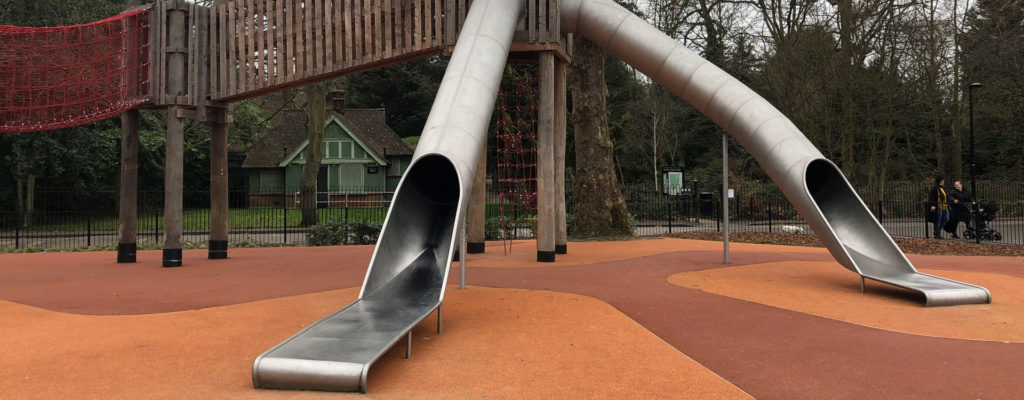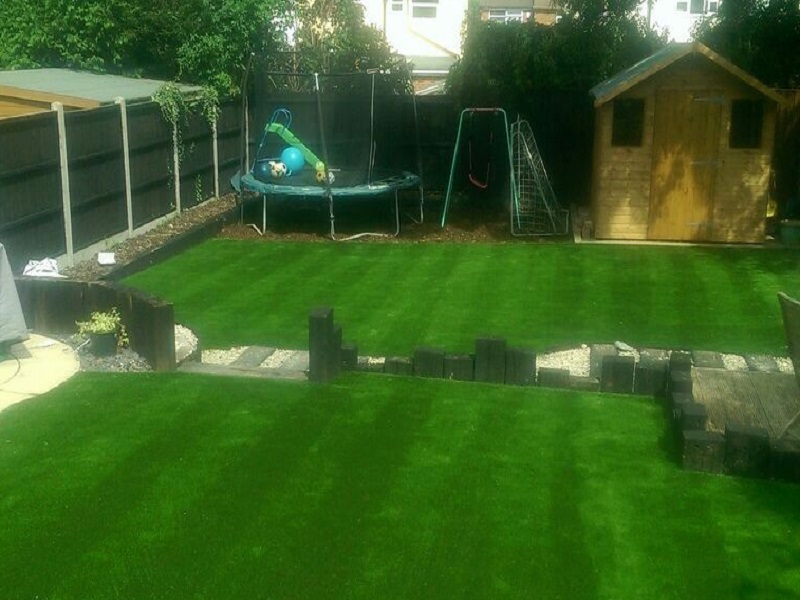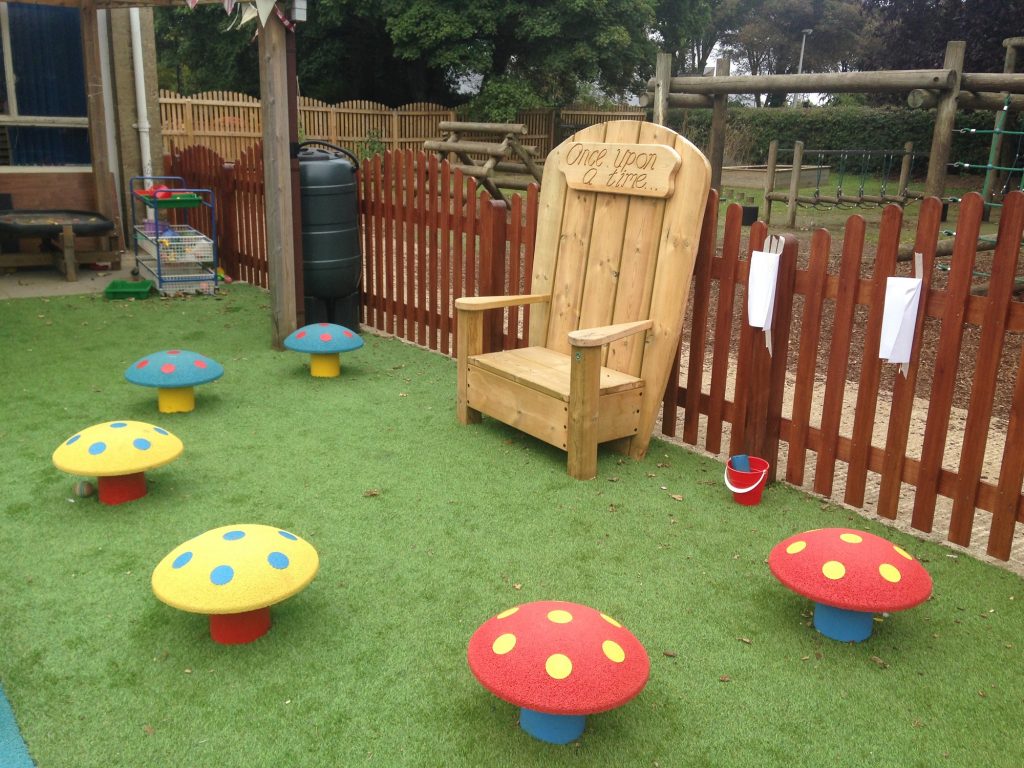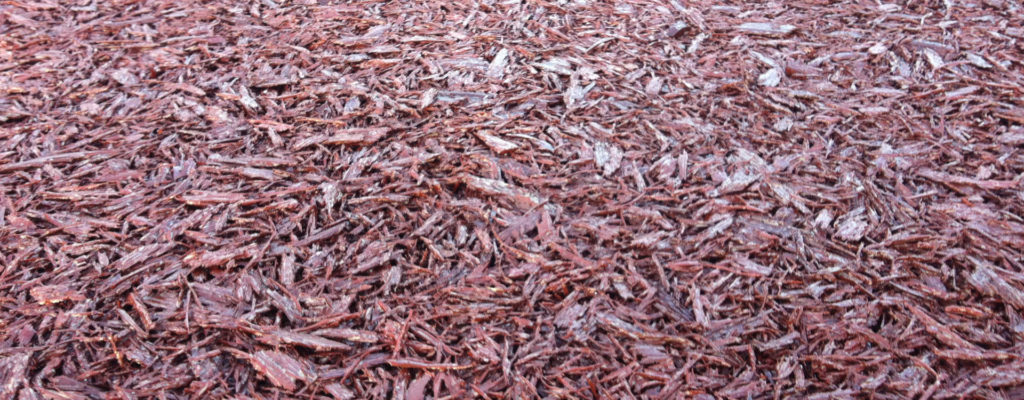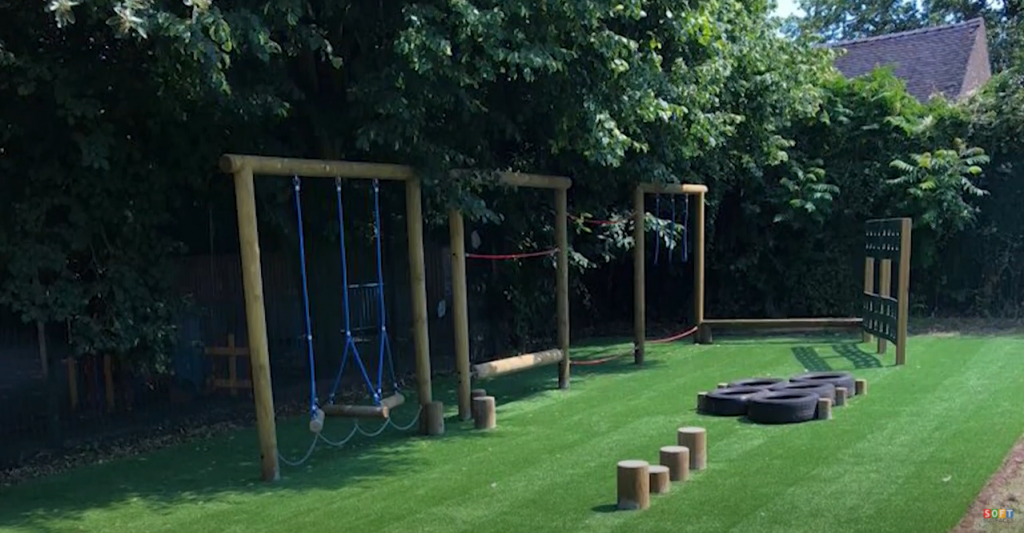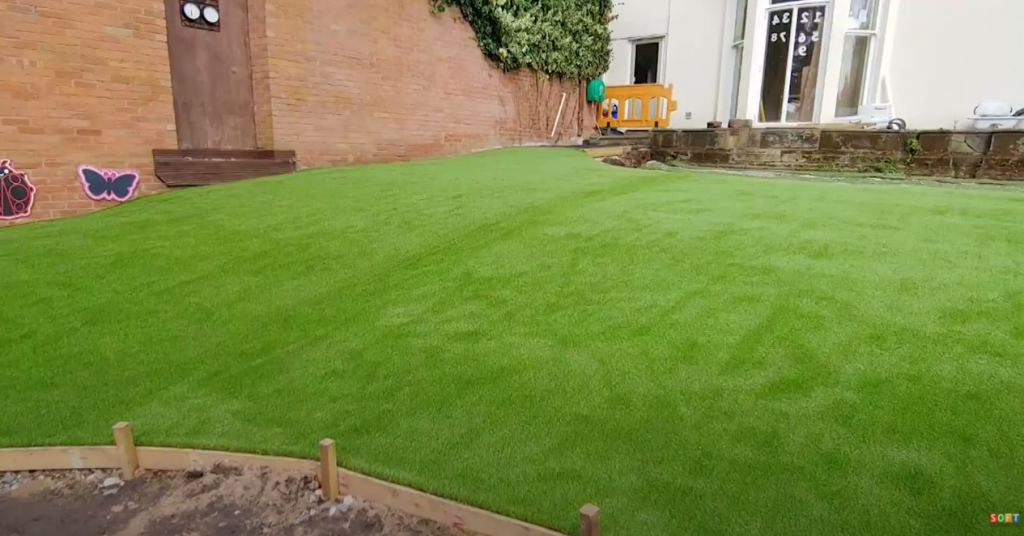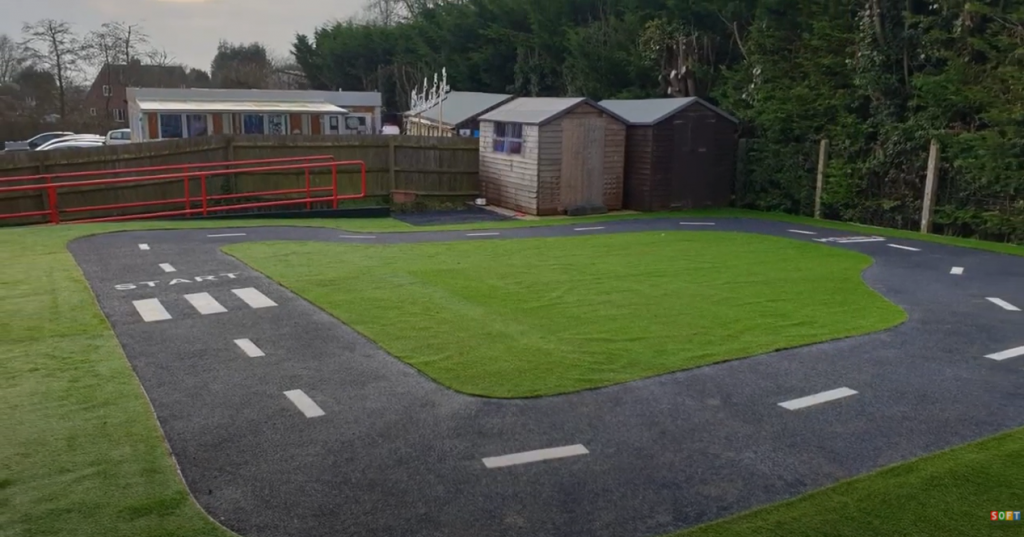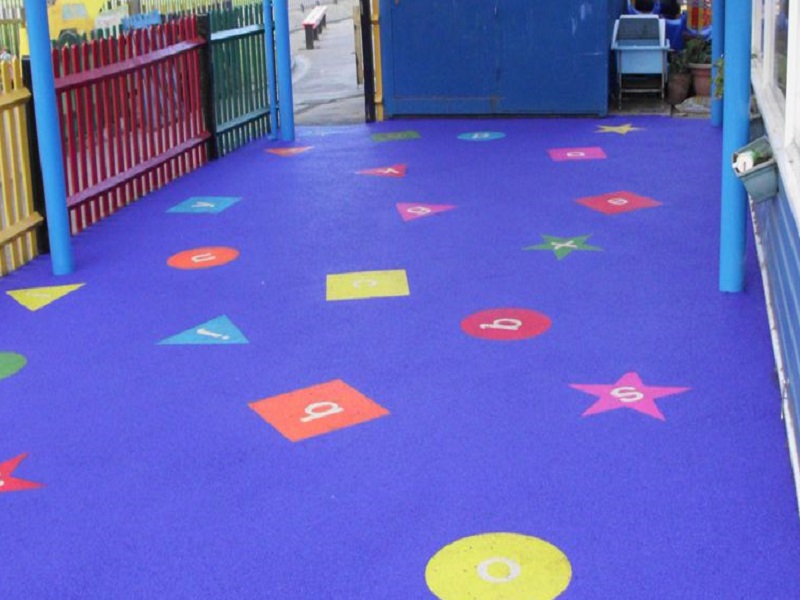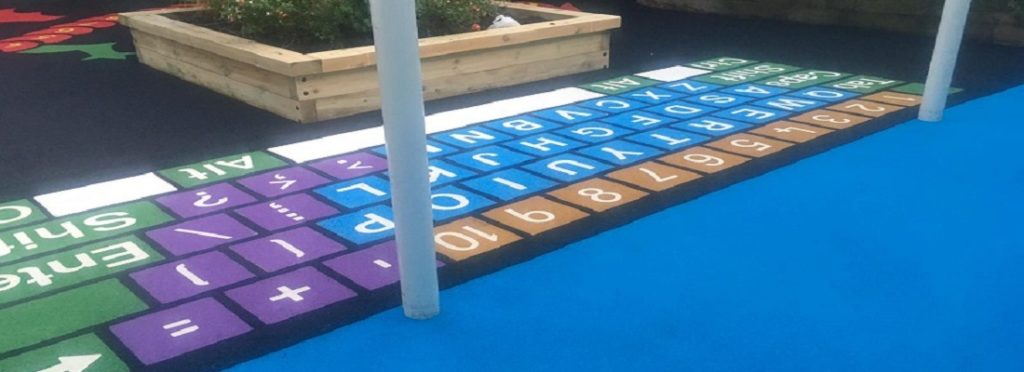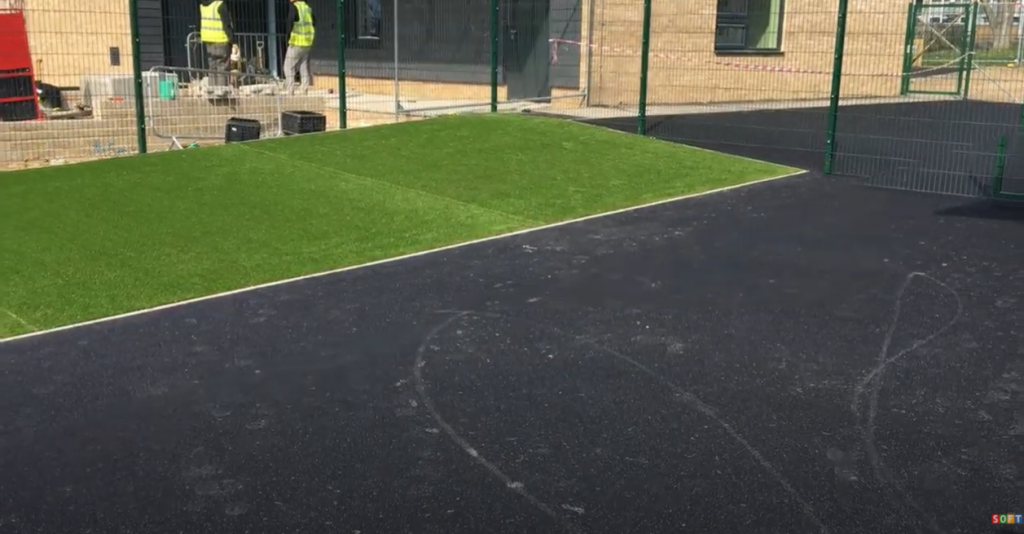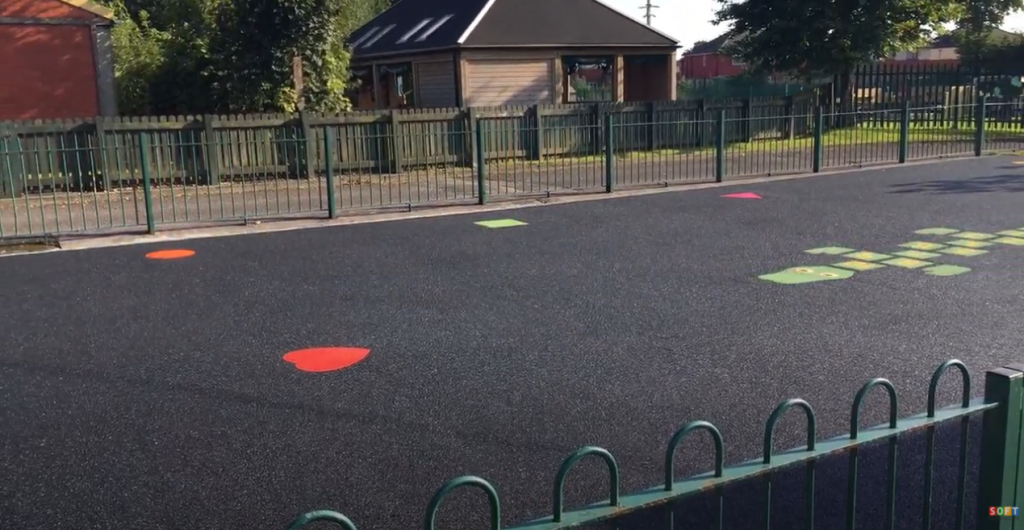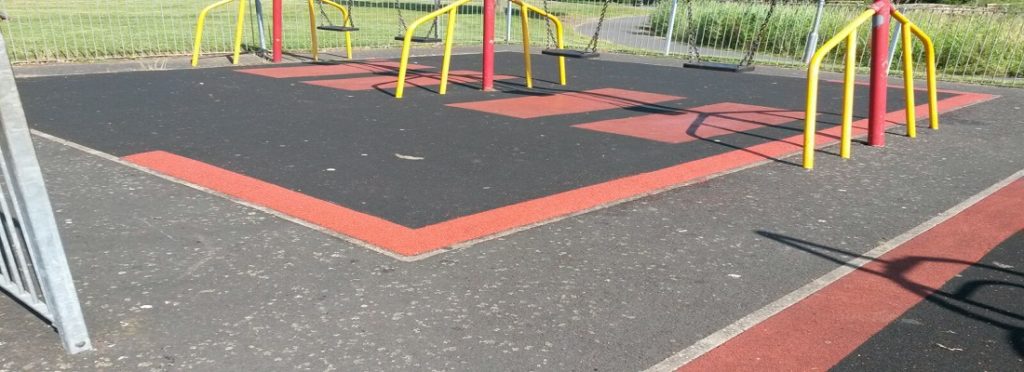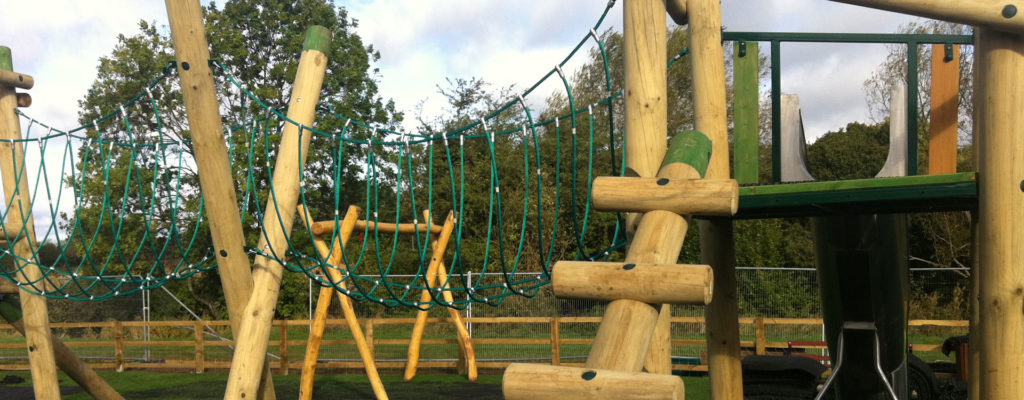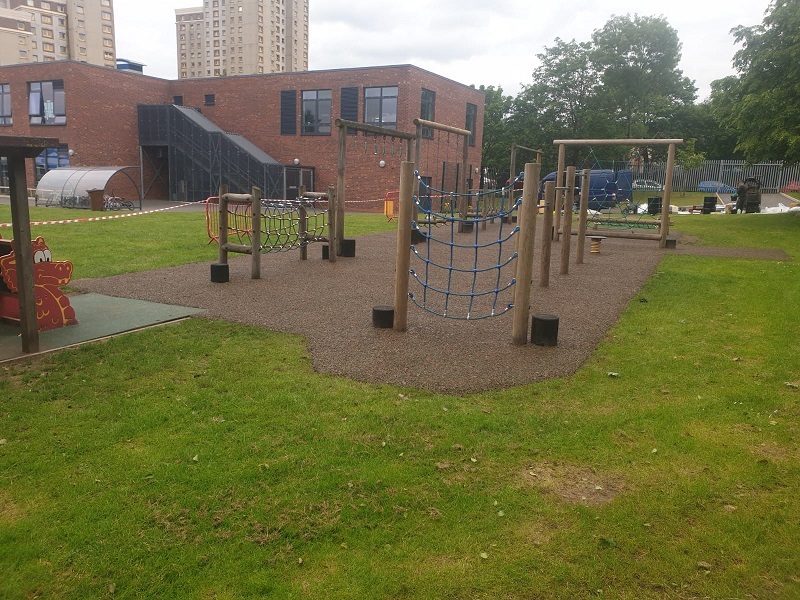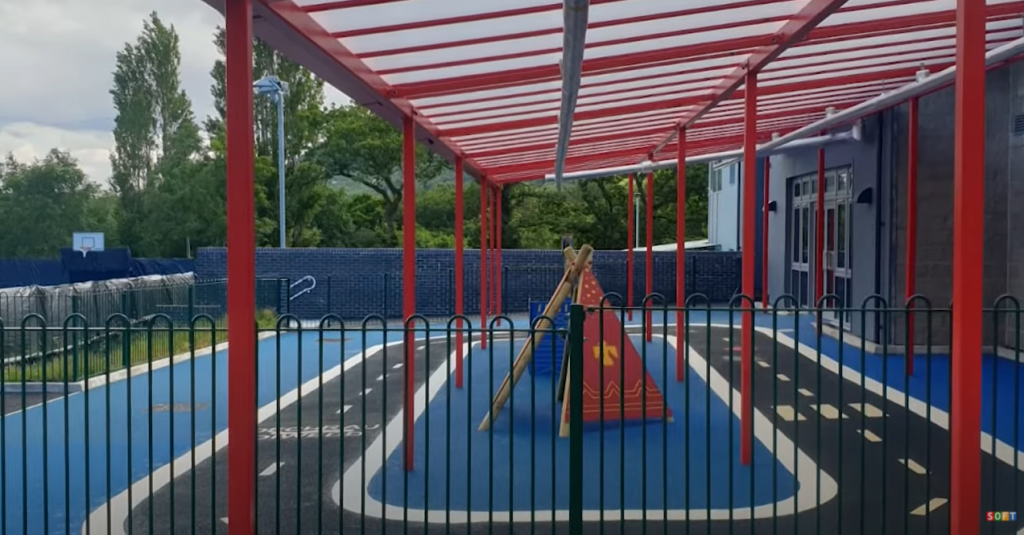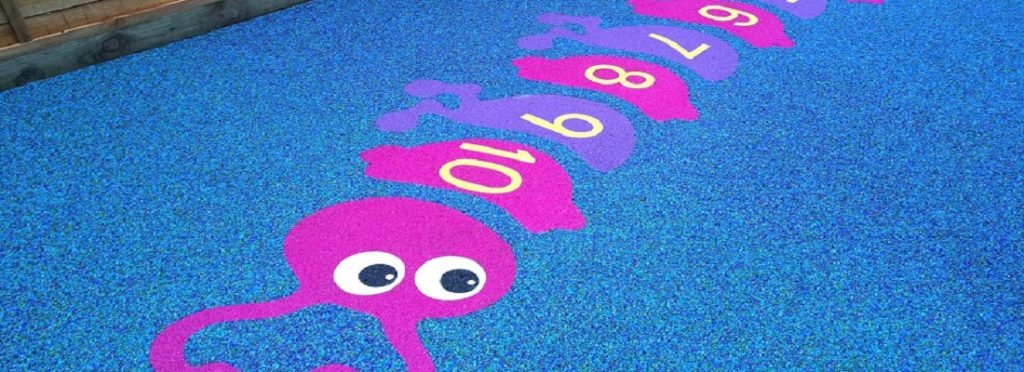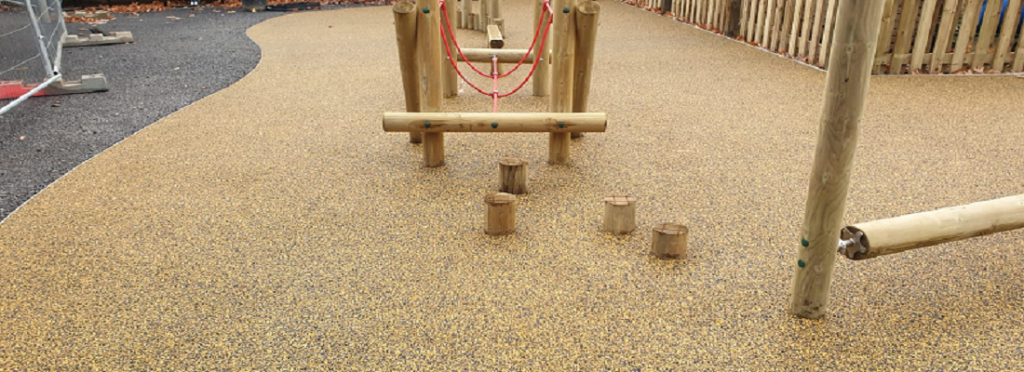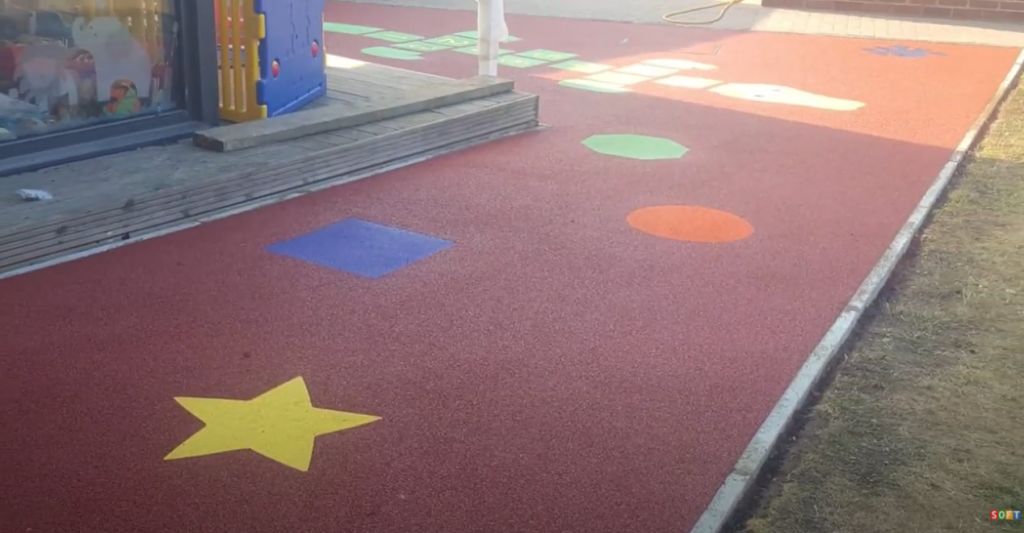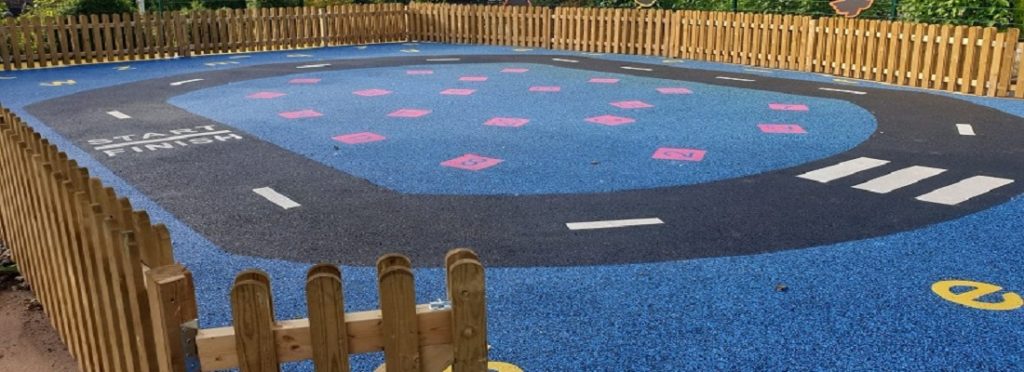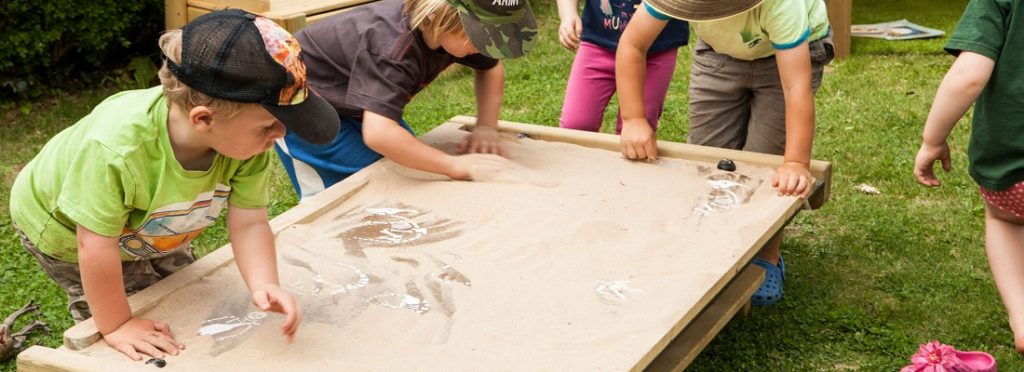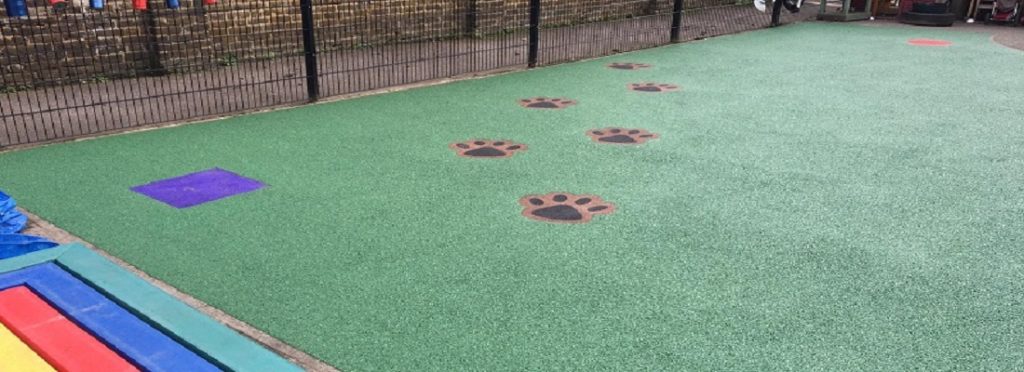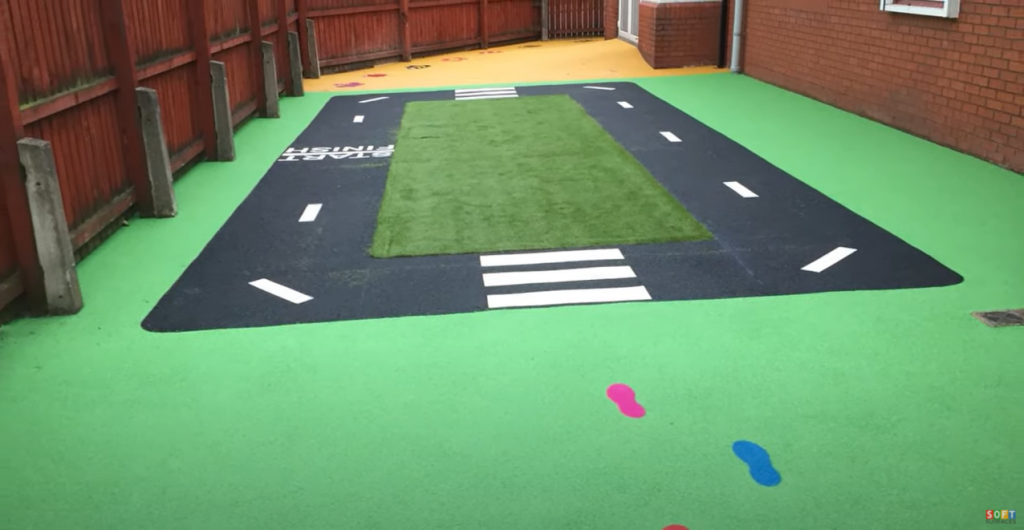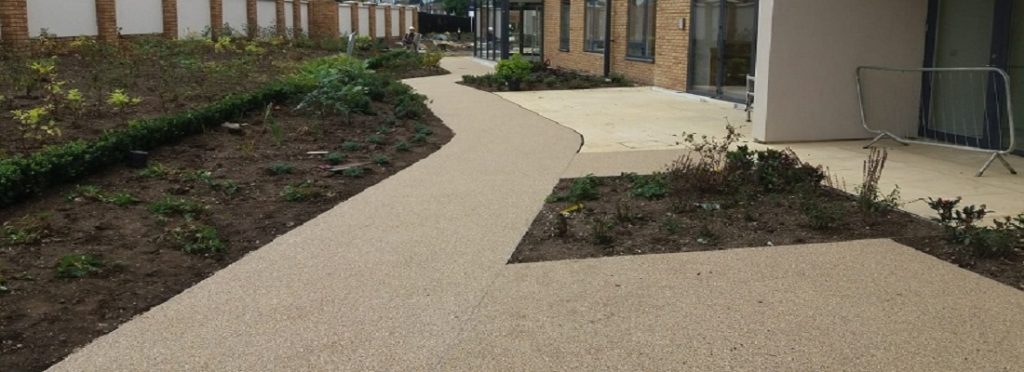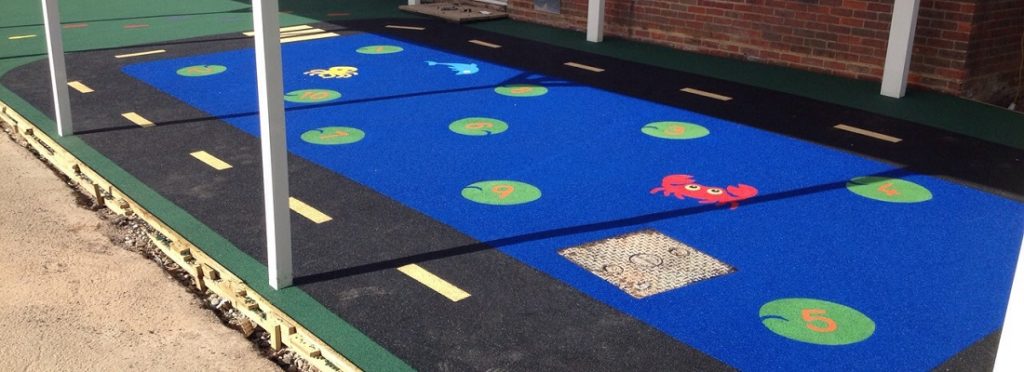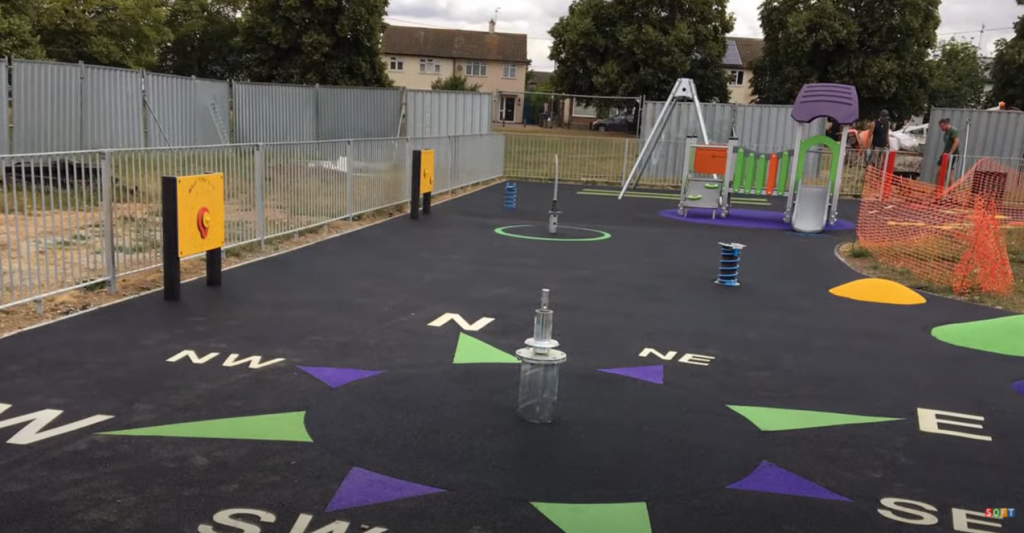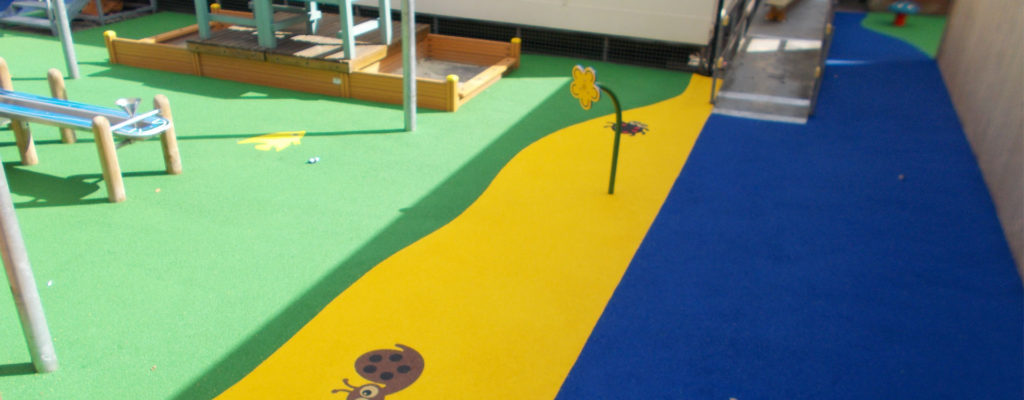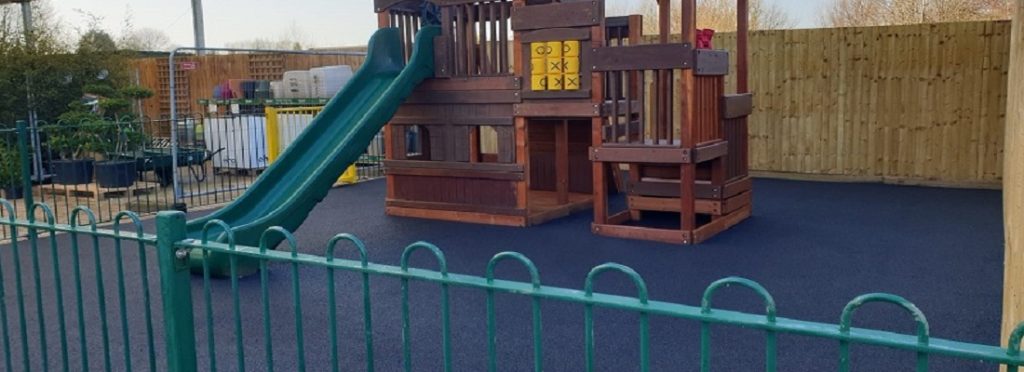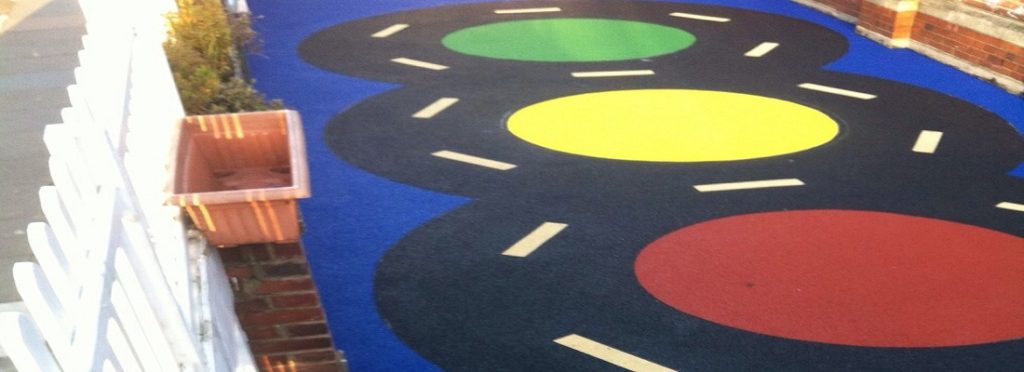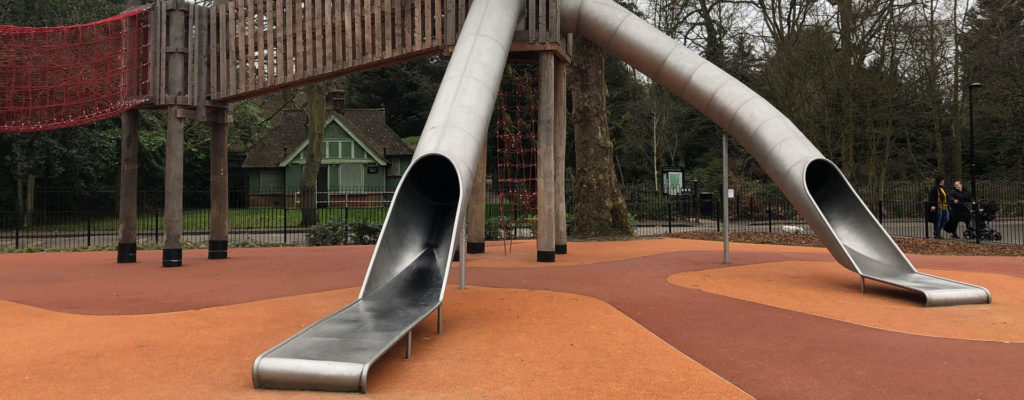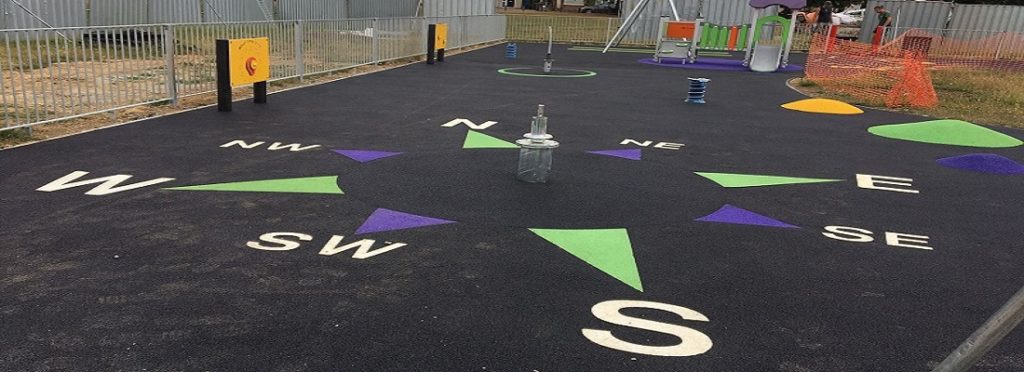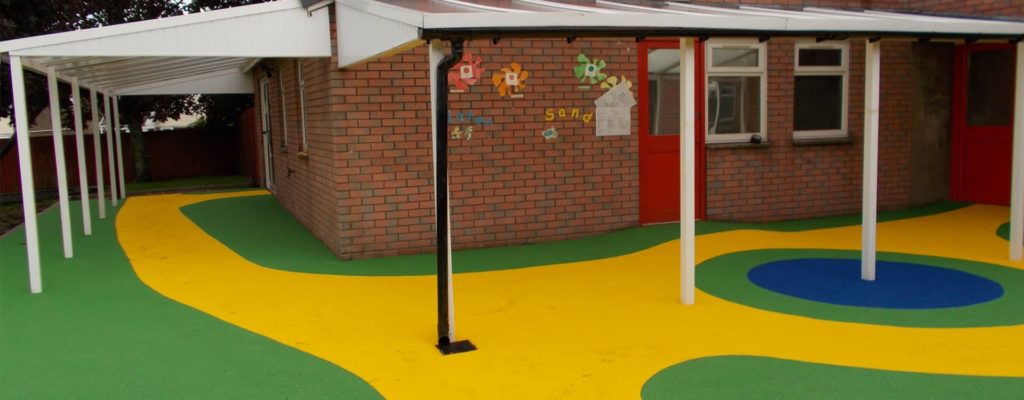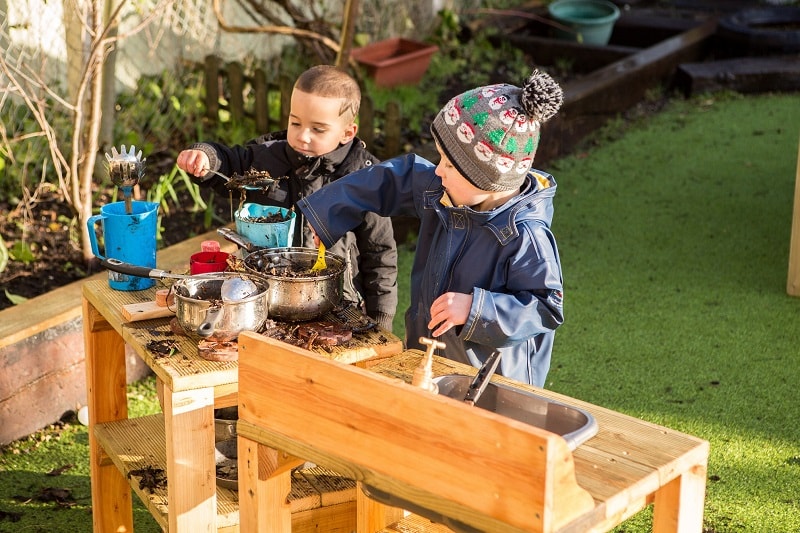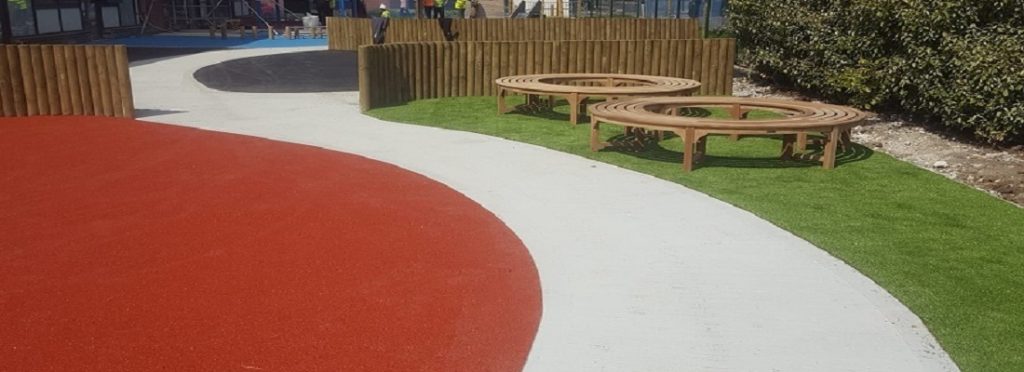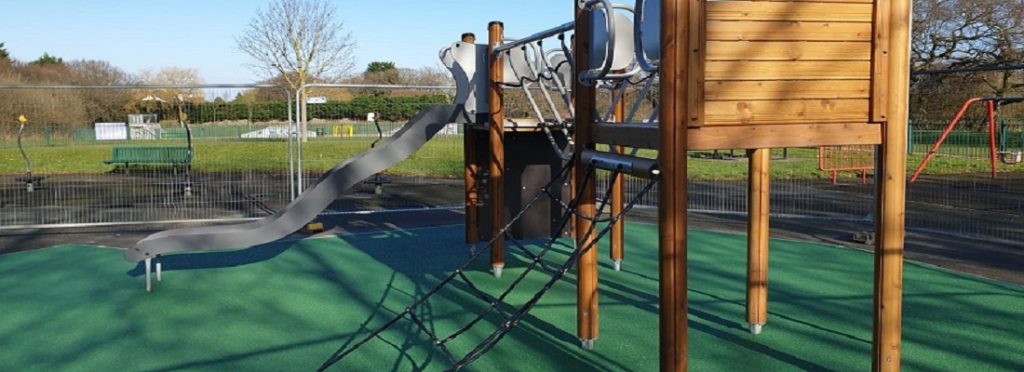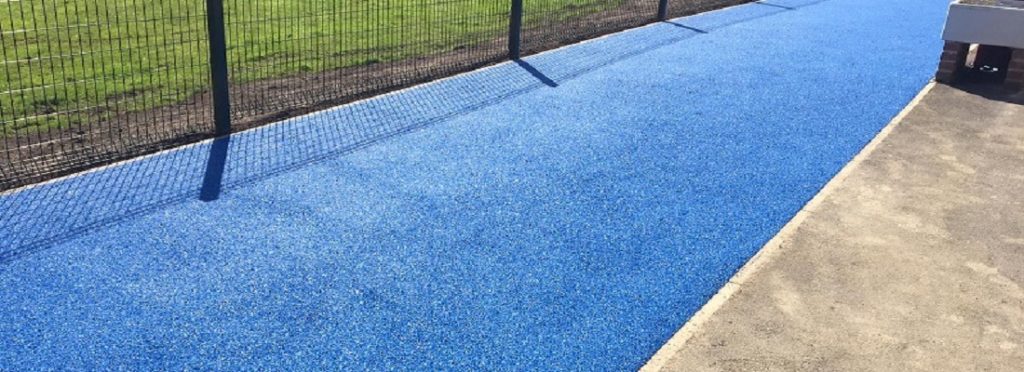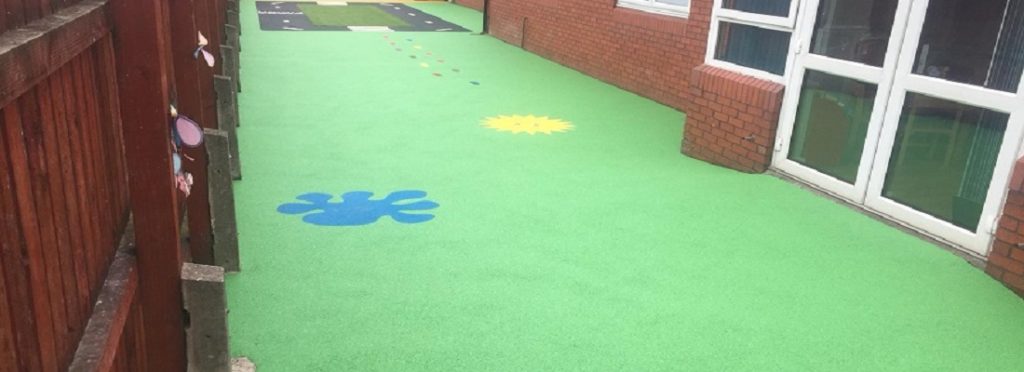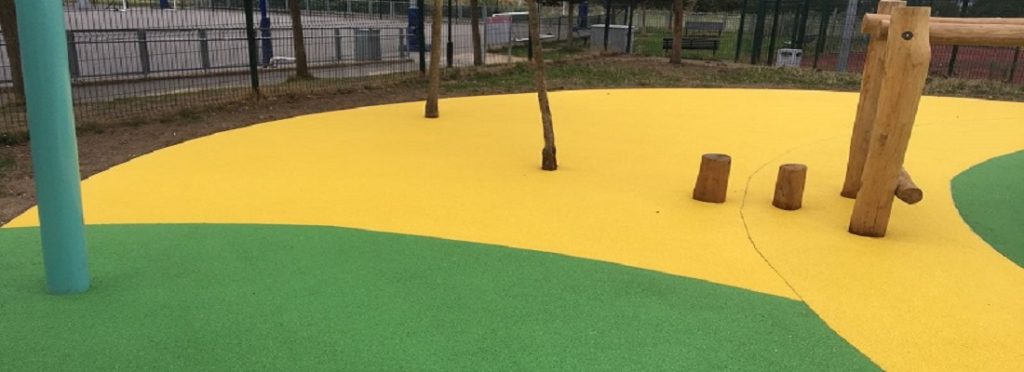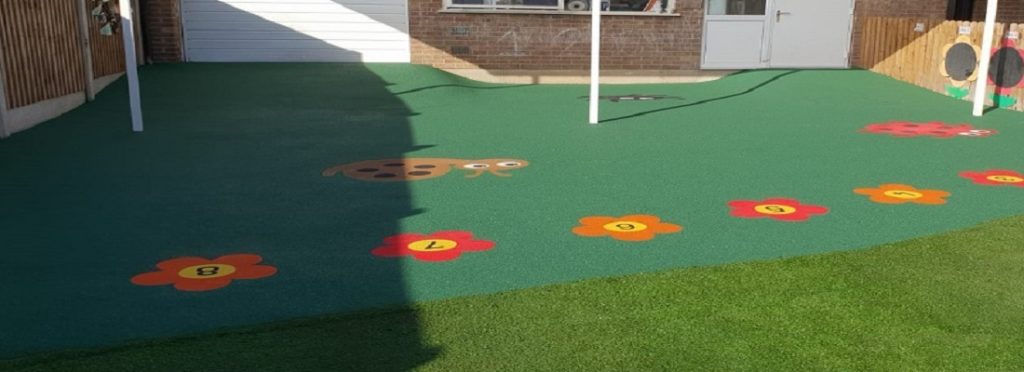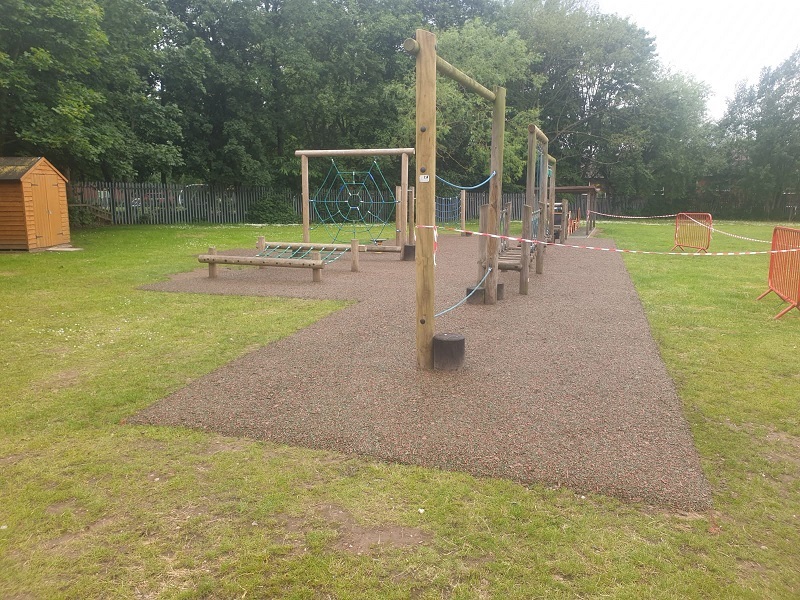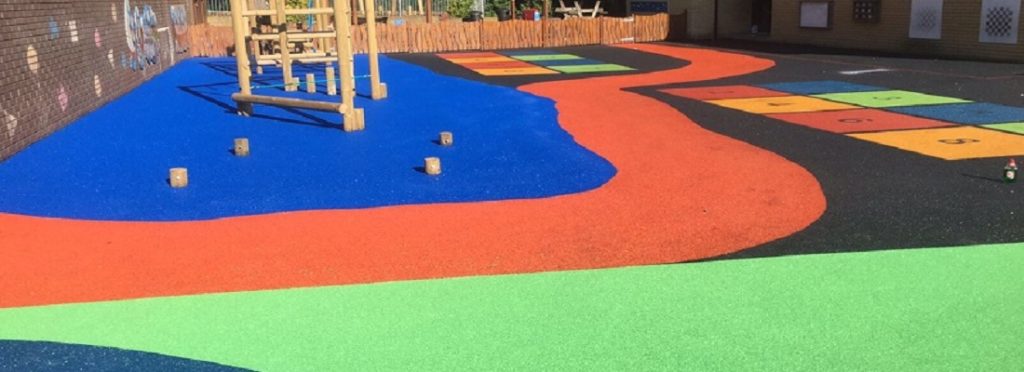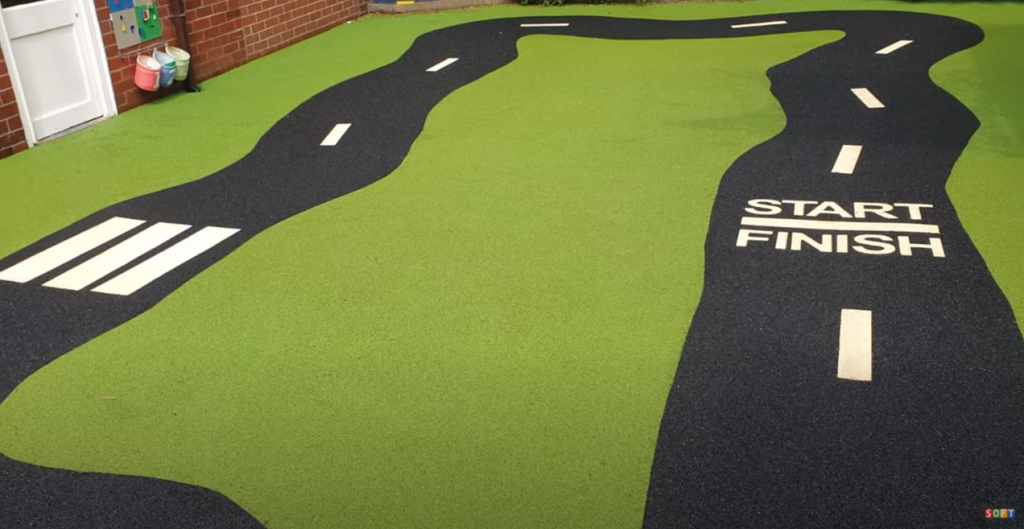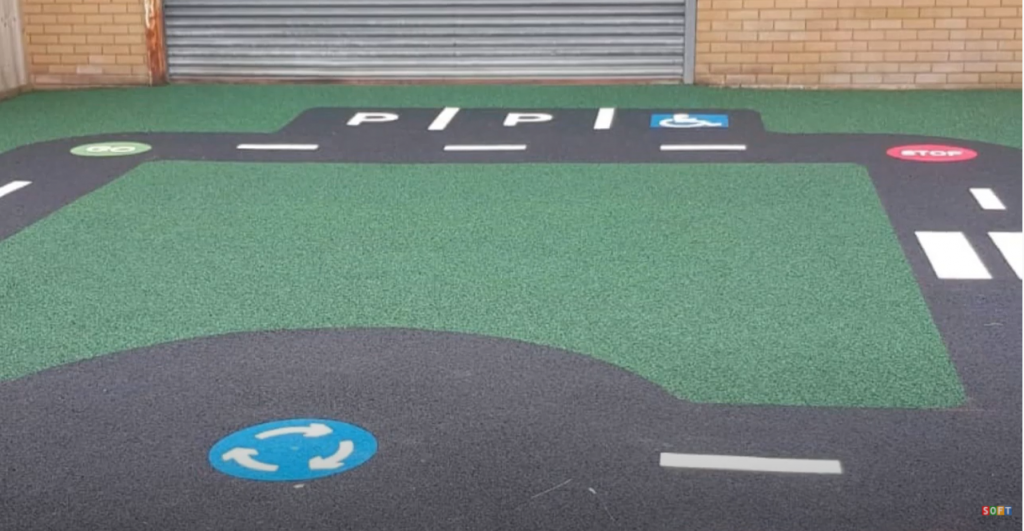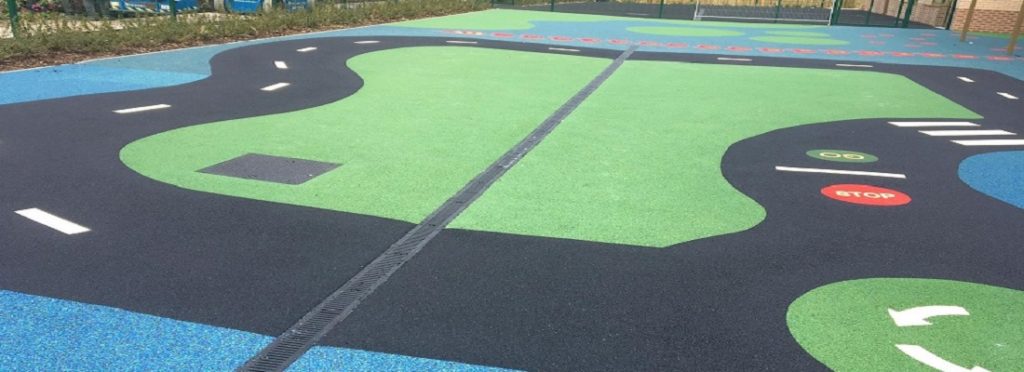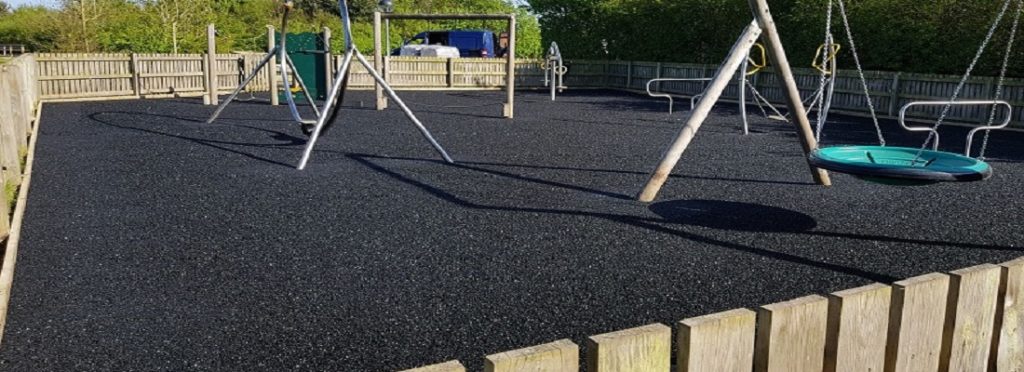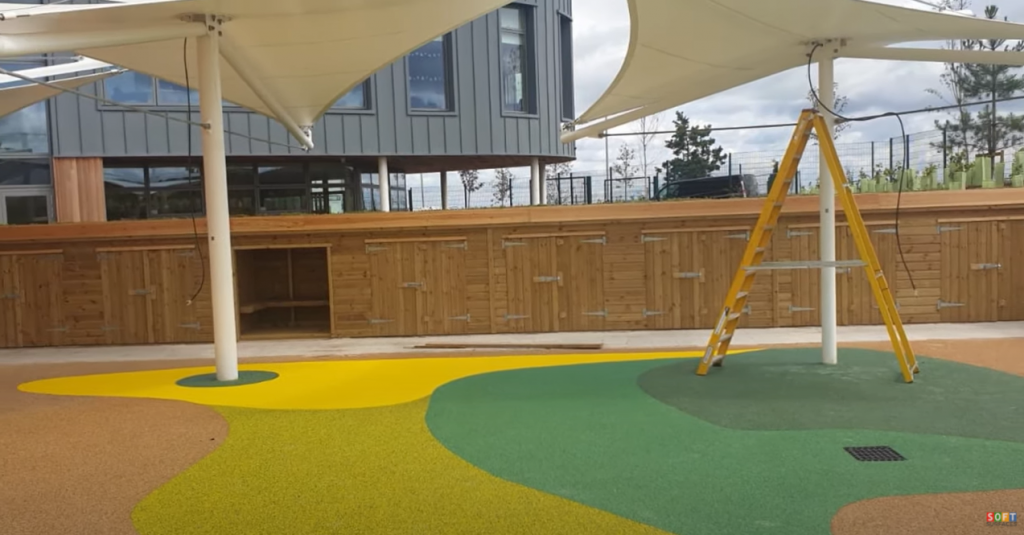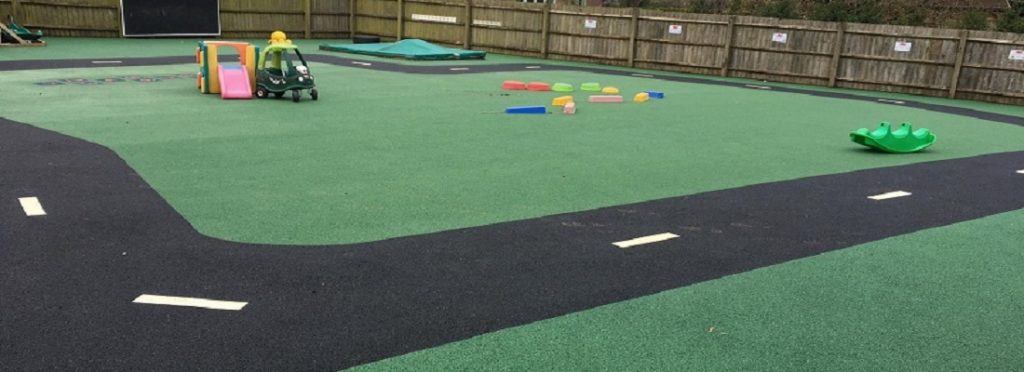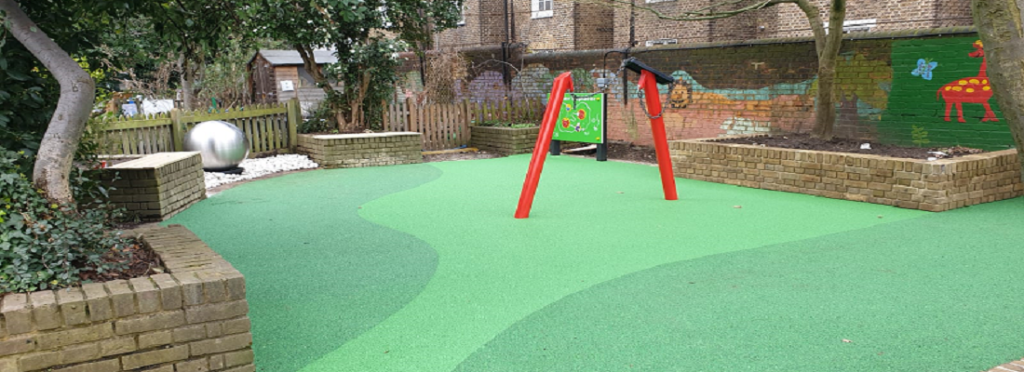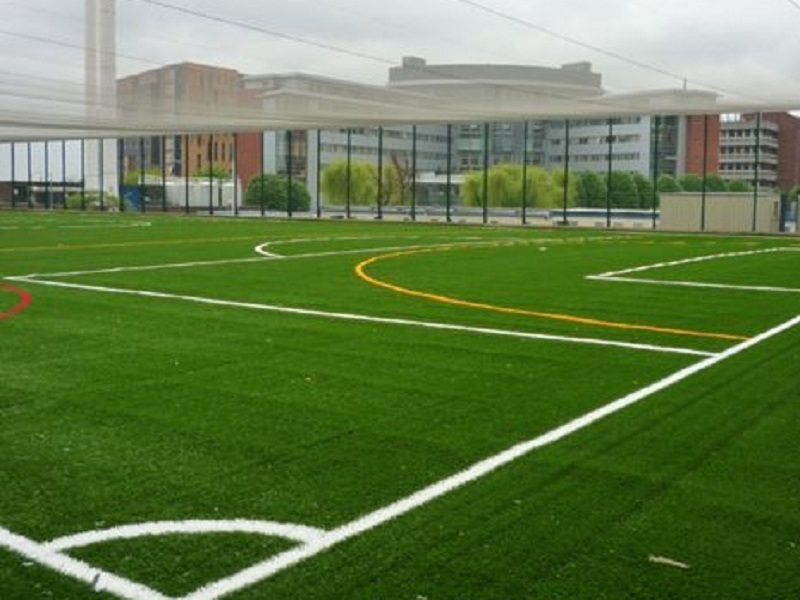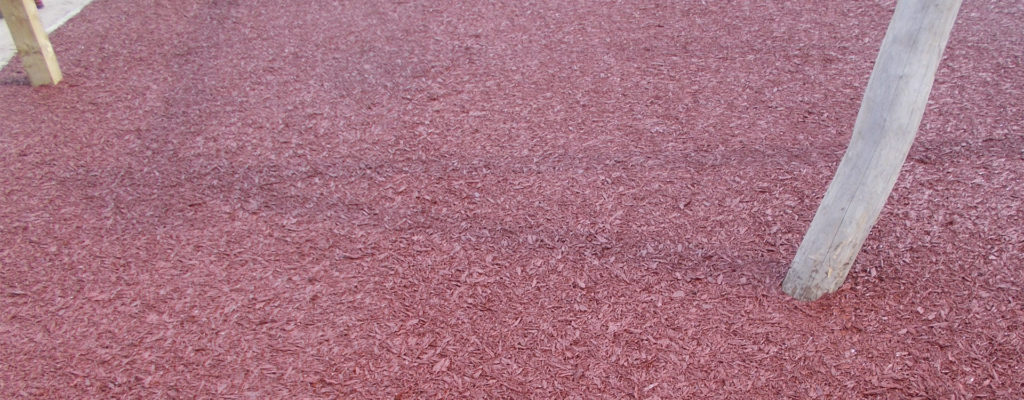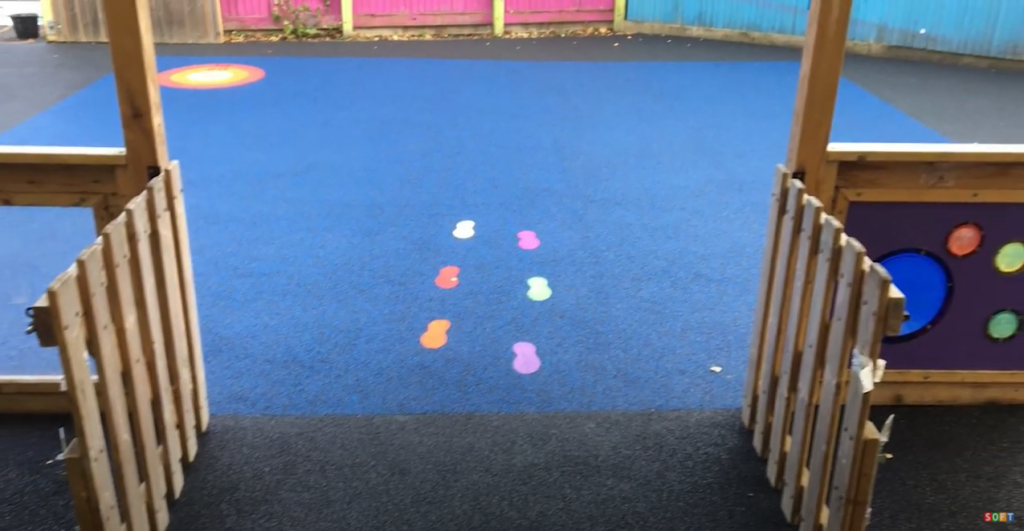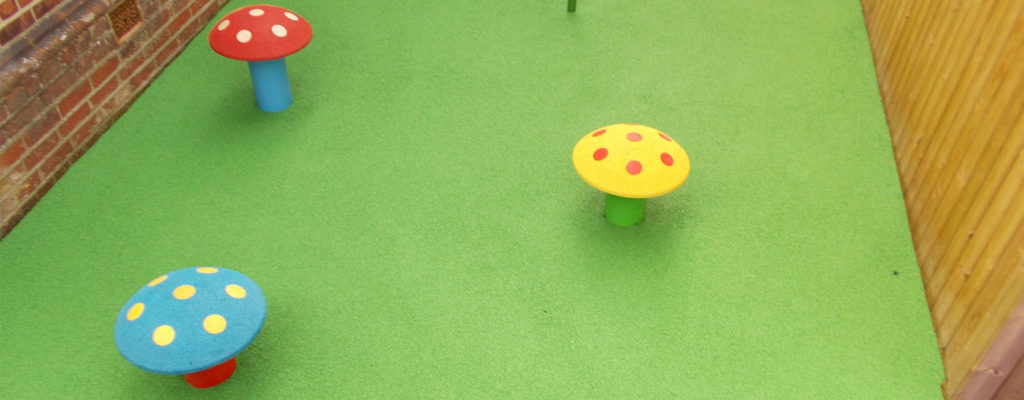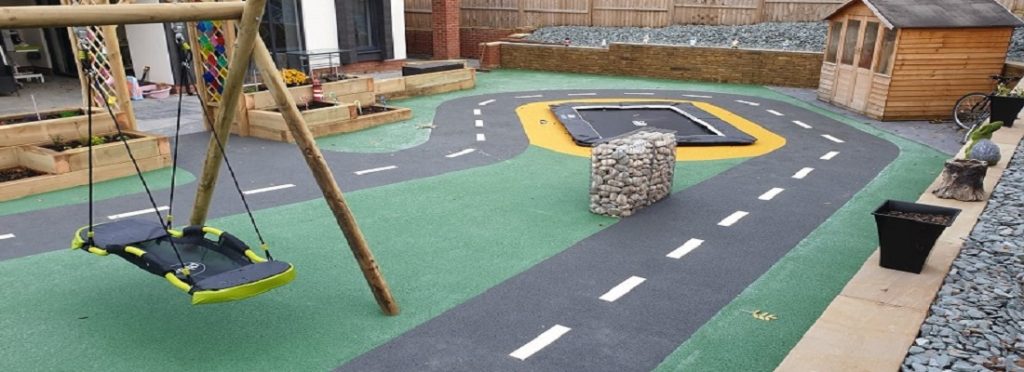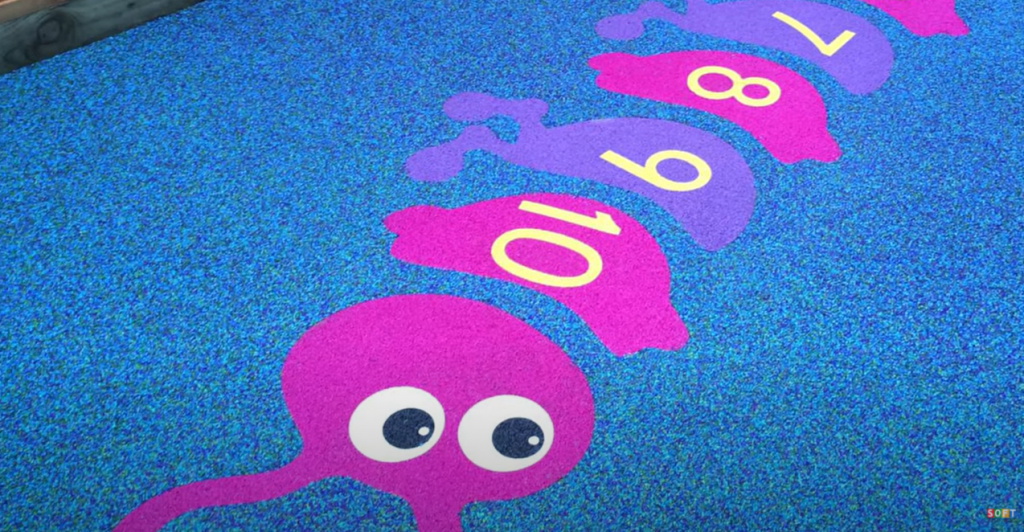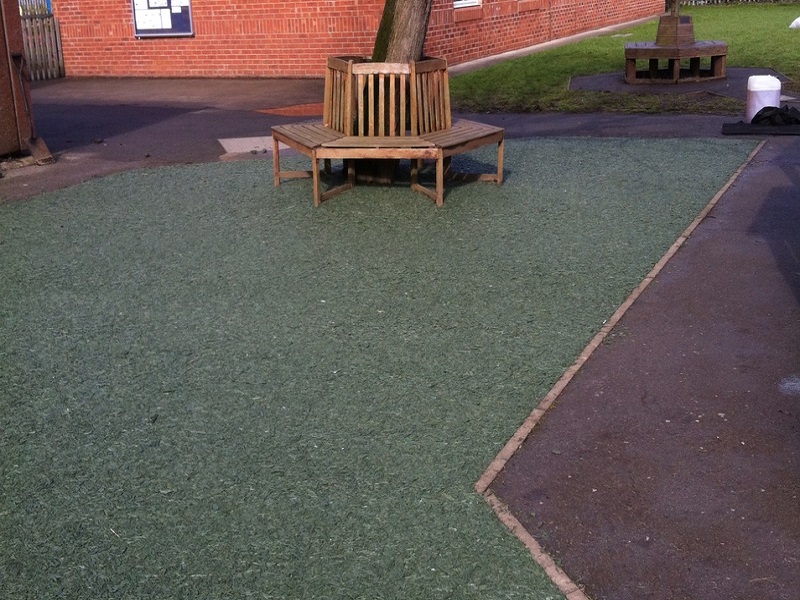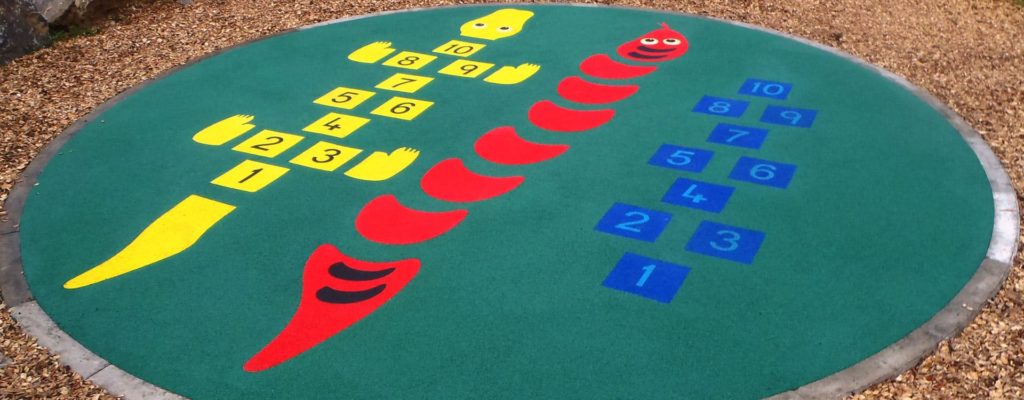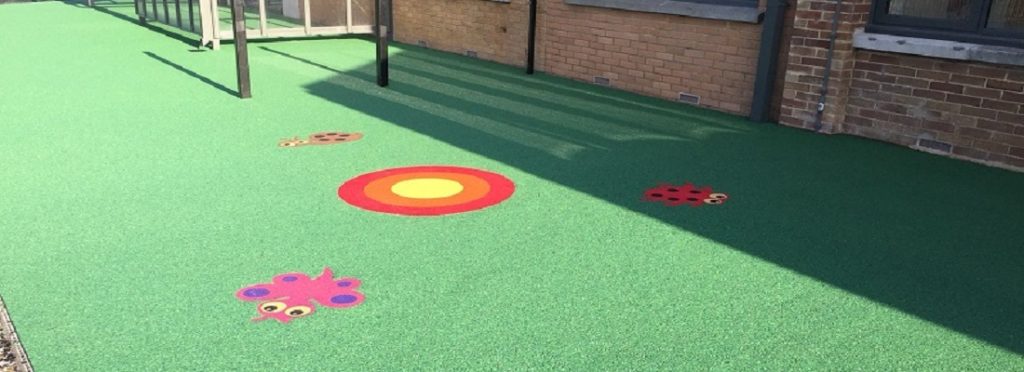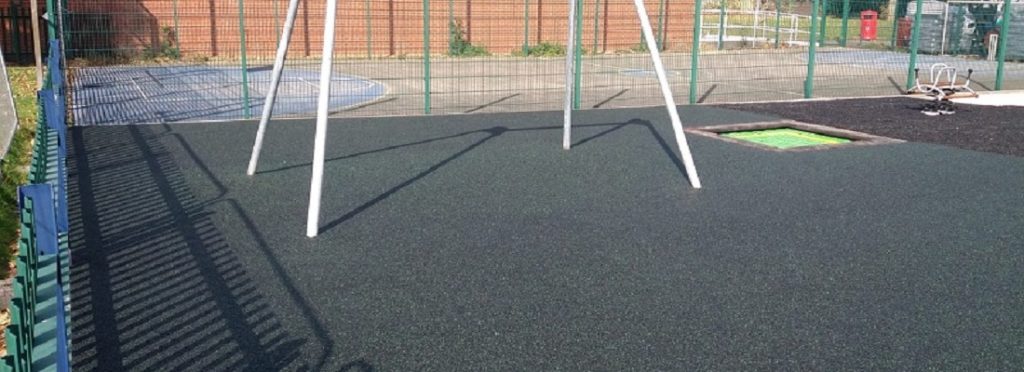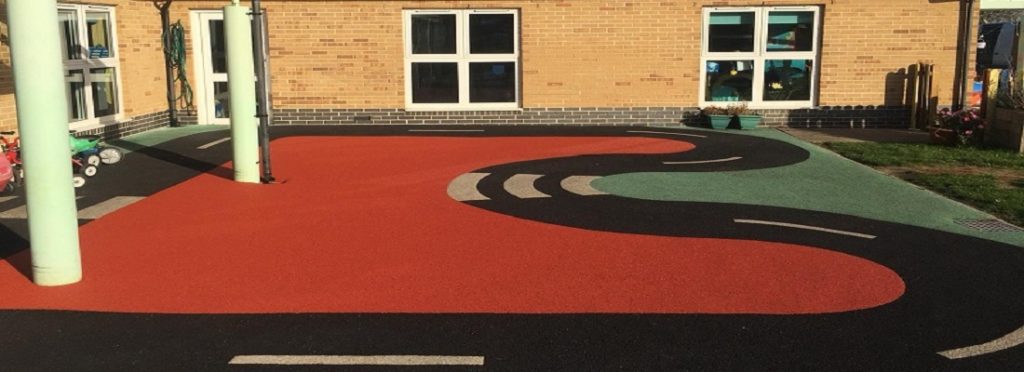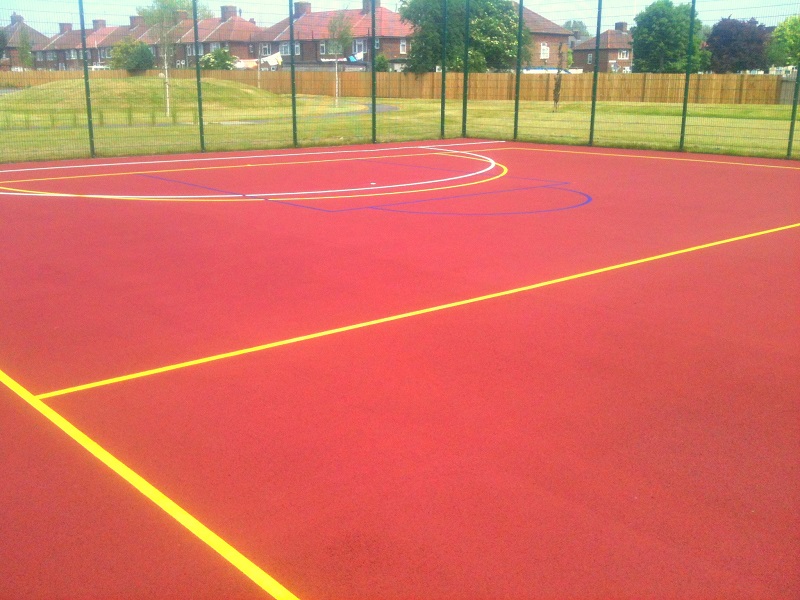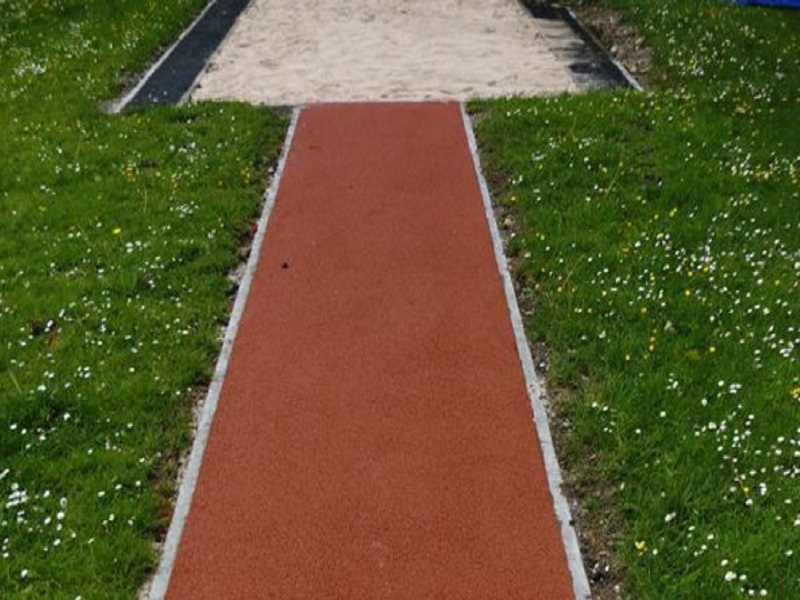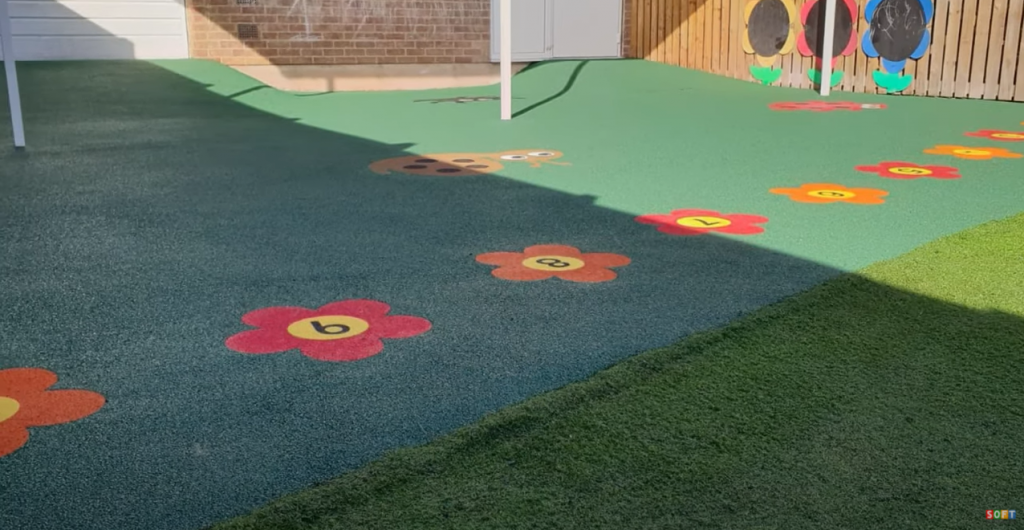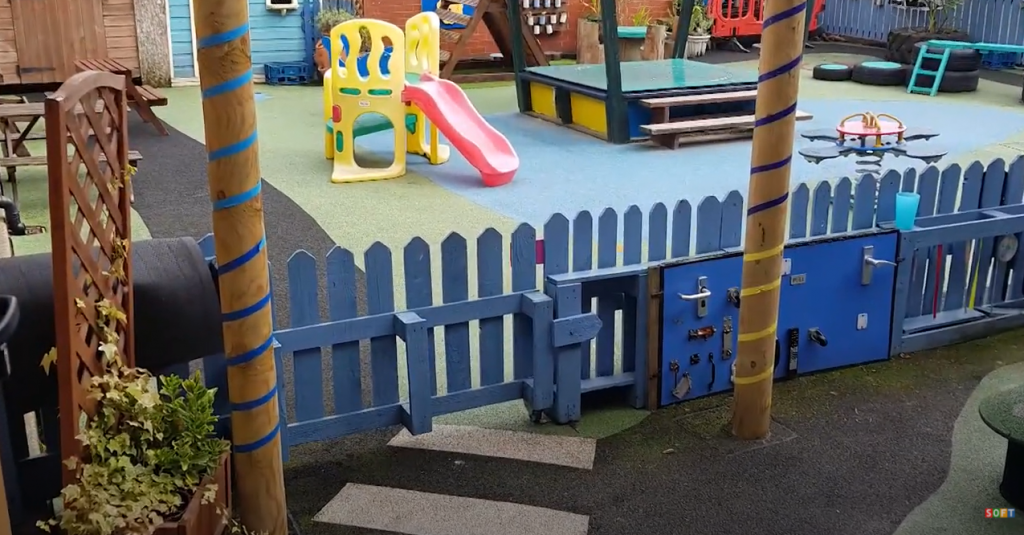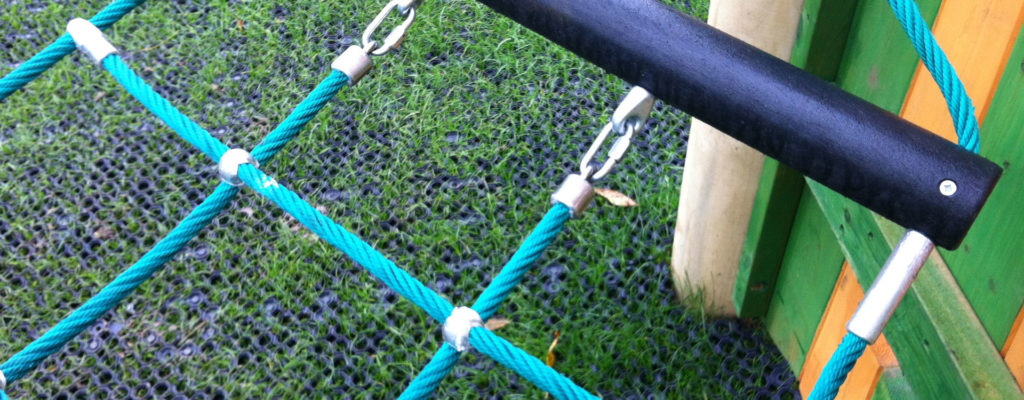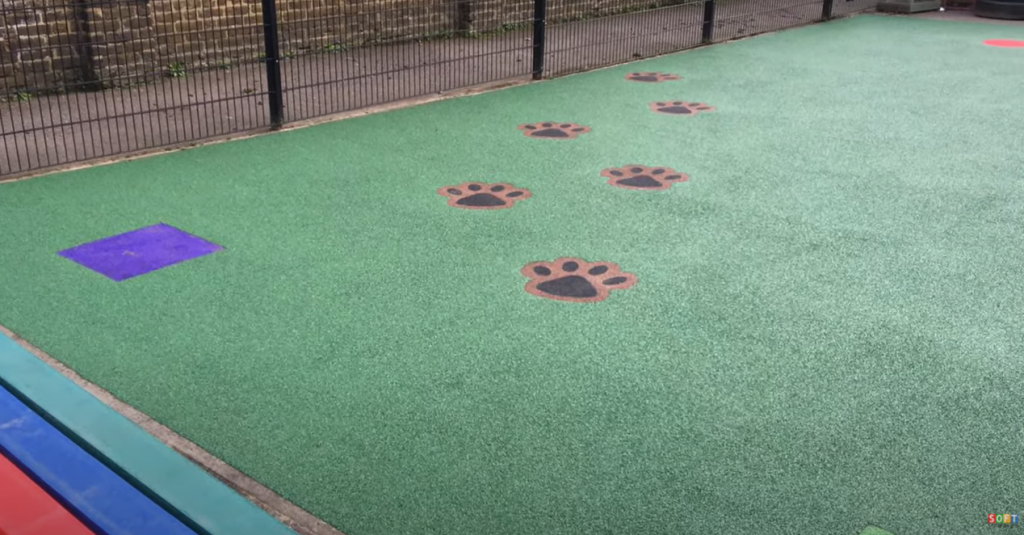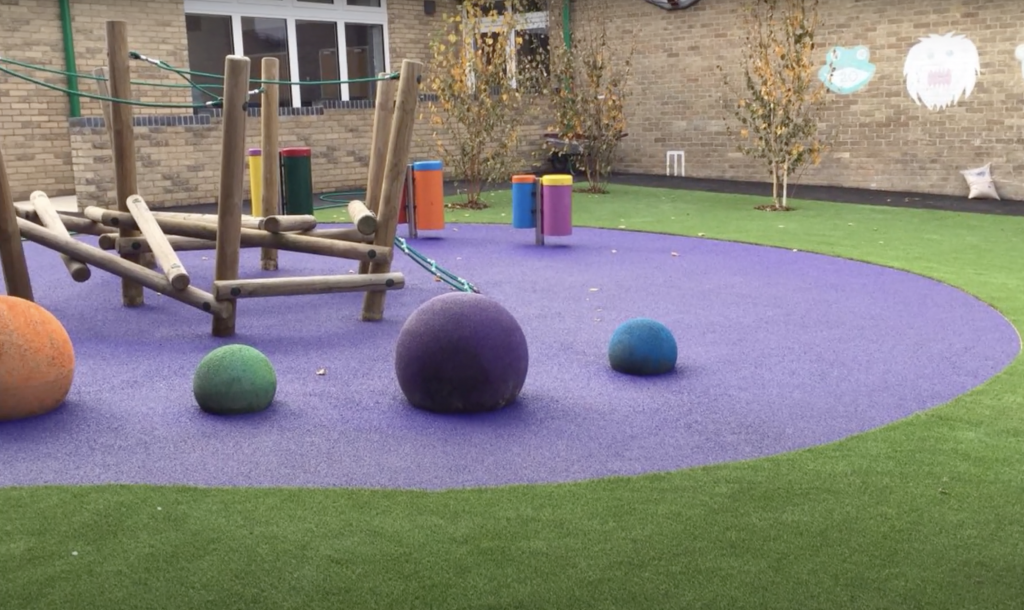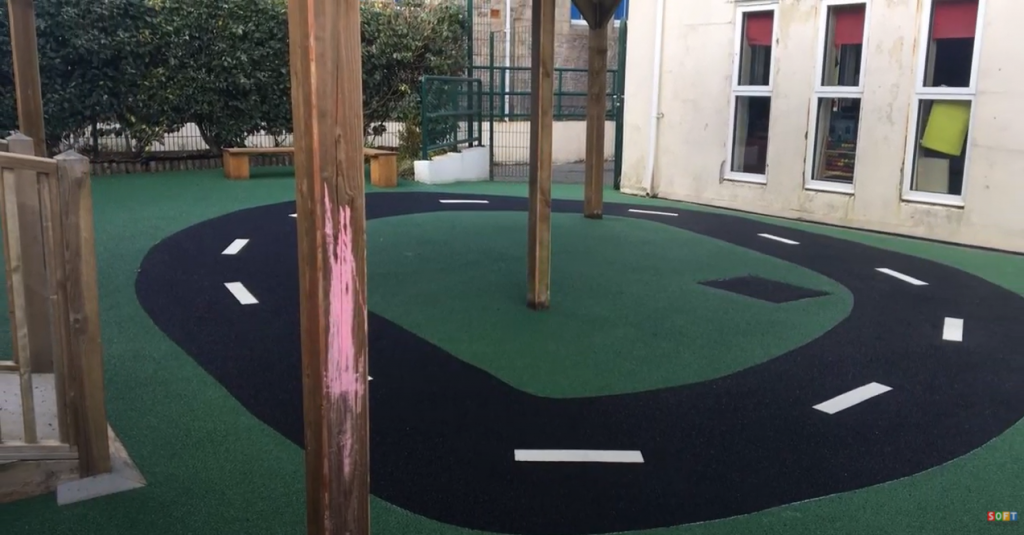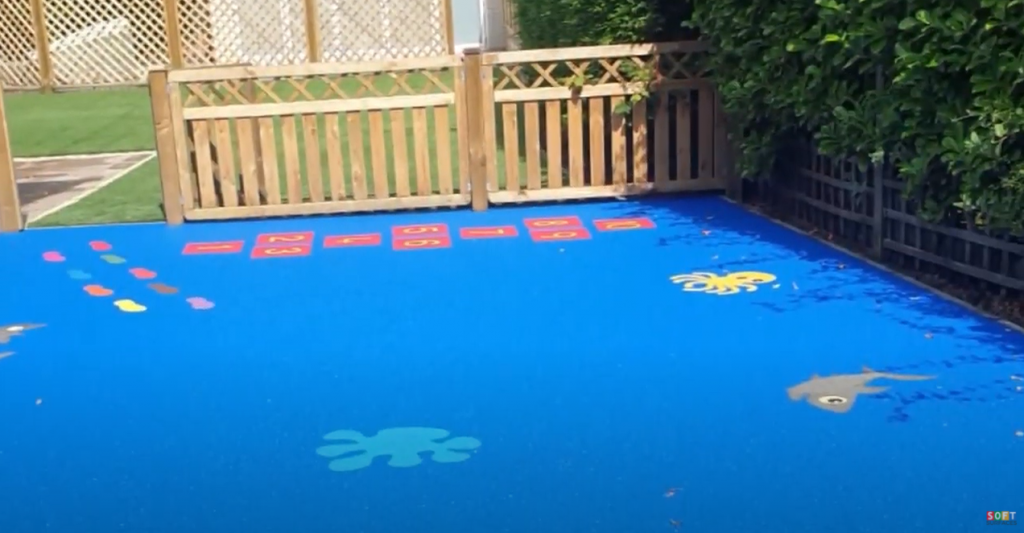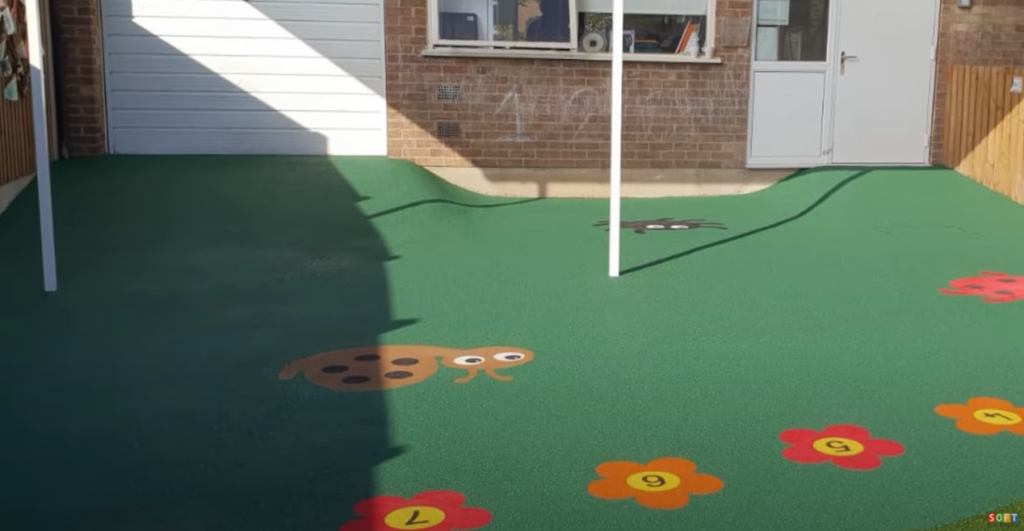Cooperative Play Ideas for Kids
Ideas for children to play together are really beneficial as they promote communication from a young age.
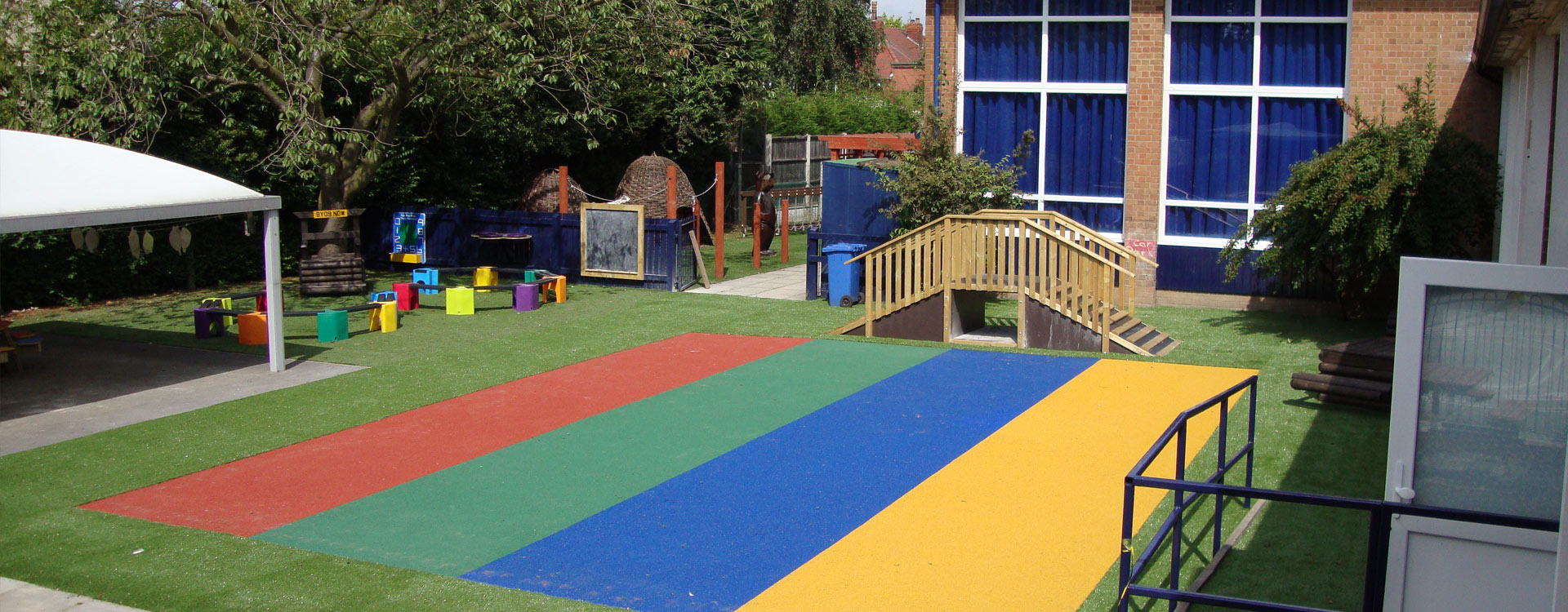
When it comes to playing, there are 6 main stages that occur as a child grows up, and their play becomes a lot more advanced. These involve children being able to cooperate with others and work together in class and on the playground.
Today, we’ll be having a brief look at some cooperative play ideas for kids as well as the different stages to look out for.
Get in TouchWhat is Cooperative Play?
Cooperative play is defined as being an organised form of activity that involves the equal distribution of efforts and responsibilities among the children to reach a common goal. Knowing the cooperative play definition, many people see these activities as being incredibly important in development through childhood.
It’s good for children to spend time working with others, so they develop important social skills as they move through nursery and school.
Some examples of cooperative play games could include building dens and putting on performances using a stage with props. These things encourage children to share ideas, work together and come up with stories. This can also incorporate independent learning which is another key part of early childhood development.
Playing is a great tool for helping kids learn at such a young age. It combines fun and education which young pupils need to pay attention to and go away learning something new. It develops their physical, mental, social and emotional skills which are vital at this point.
Through this type of play as well, roles like leader and follower are clearer to see amongst the class. It allows those who suit a certain role to build upon it, whilst giving them a chance to experience the other role and understand what it involves. This is a key part of cooperative play child development during nursery and school.
These games can involve as few as two children up to bigger groups of five or more. It’s all about encouraging kids to have fun together and improve their cooperation skills.
Find Out MoreCooperative Play Examples
Here are a few cooperative play examples you could encourage kids to try at your school:
- Treasure Hunt
- Puzzles
- Building Dens
- Relay Races
- Team Games
- Making Up a Dance
- Board Games
These are all activities that encourage children to play together and cooperate on a specific task. They will begin to learn how to interact with others, follow instructions and prepare themselves for the next stages of education.
6 Stages of Play
Children will encounter six different stages of play leading up to cooperative activities with others. Each stage will help with the development of certain skills and overall lead to a child who can take part in social activities without causing any problems. Below are the different stages a child will go through (keep in mind: these different stages don’t necessarily happen in the order given):
- Unoccupied Play – The child is mainly exploring their environment. No rules or structure to it, it’s mostly random exploration. The learning is done through personal interaction with the objects/people they will encounter.
- Onlooker Play – Taking a more of a spectator role, the child will watch other children playing and interacting with objects BUT not interact with them. Social interaction is learnt through observation.
- Solitary Play – Children will choose to bring their own toys near other children but not interact with others. Practically, they will play by themselves but feel the feeling of the company.
- Parallel Play – Linking closely to Solitary Play, children will still be playing in proximity with others and not interacting with each other. However, they will be given the same type of toys in
- Parallel Play, e.g. building blocks, to create a sense of common ground.
- Associative Play – Slowly introducing social interaction, children are put in groups for a mutual activity that has no common goal to work towards. This might be painting, building, throwing and catching a ball or messing around with sensory materials.
- Cooperative play – At this point, this is where children start to work together towards a common goal, such as creating something. This can also be known as collaborative play. A good example is an art project. Some children may collect the supplies and design what the project will be whilst the other half may be the ones who carry out the instructions.
These 6 stages of play are crucial in the development of kids and will lead to a stronger sense of social skills. Incorporating these stages into daily activity will help the process go a lot quicker and more efficiently.
Contact Our TeamBenefits of Cooperative Play
The cooperative play offers a number of benefits to those who fully engage with the activities that are presented to them. Some of these benefits include:
- Improvement of physical, social, mental and emotional skills
- Listening and speaking skills are built upon
- Teamwork
- Leadership
- Make use of different skills
- Sharing of ideas/responsibilities
- Problem-solving
- Work together to reach a common goal
- Concept of everyone being “winners”
A key thing to keep in mind when it comes to these types of cooperative play is how everyone is a “winner”. Cooperative play doesn’t have a way to effectively “win” the challenge set for them. However, children will like the aspect of competition and try and turn it into one. Through this, many kids who fail the task set for them may think of themselves as “losers”.
The reason I bring this point up is that the task requires teamwork, and instead of trying to win something, they are trying to solve a problem and must work together. The difference being, you can’t lose at the task, so try and discourage the mentality that some of the kids may have whilst carry out this activity. With this, children learn that it’s not always about winning and losing, but working as a team.
Playing Cooperatively in Early Years
There’s no doubt that cooperative skills are important in the later years, but I would argue that it’s equally important during the Early Years. Early Years is when the mind is developing at the most effective rate and so teaching children the importance of cooperation through play is a great method to allow the learning to be absorbed into their minds. Have a look at some more outdoor play ideas for EYFS if you would like to find some more activities for your nursery.
Using simple activities can be easily incorporated into the mindset of the pupils with no problem. It’s good to teach them at this age as well because cooperative play teaches important concepts like sharing, abiding by rules and patience. Teaching these things through a game at such a young age will also benefit the pupils in the future.
Communication Skills on the Playground
Cooperation requires a strong sense of communication for it to be effectively carried out. During the Early Years, this can be hard for young kids as communication is a skill that is built upon through previous experiences. Through performing cooperative tasks, communicating becomes a lot easier between the pupils.
A stronger understanding of how to approach people in difficult situations or how to resolve conflict can be taught through these simple activities. Keep in mind that children need to encounter these types of problems during play to develop. They will help build a general knowledge of effective communication and improve their basic understanding.
Of course, other activities may offer this benefit of developing communication, but cooperative activities put the pupils in situations that apply to everyday life and therefore the learning a lot quicker. They can relate to the situations given to them through this mean compared to just normal games.
How Do You Promote Cooperative Play?
Here are a few ideas you can use to promote cooperative play with your own children or with school and nursery pupils.
- Encourage taking turns – Children should learn to share toys and games with others, ensuring everyone gets a fair turn using a piece of equipment.
- Do chores and tasks at home – Get children involved in simple jobs with parents or siblings like tidying up or setting the table for a meal
- Be an example of compassion – Children learn from the behaviour of adults, if you practise kindness and empathy in front of them, they are more likely to take on these qualities.
- Promote free play – Having the freedom to engage in unstructured play is a great way for kids to interact with others and make their own fun.
- 4 Ideas for Teaching Organisation on the Playground
- 4 Reasons Why Schools Have Artificial Grass
- Activities to Teach Kindness on the Playground
- All Weather Surface Children’s Playground Safety Flooring
- Artificial Grass and Rubber Mulch Surfacing in Derby, Derbyshire
- Artificial Grass and Wetpour Pathway Installation at a School in Birmingham
- Artificial Grass and Wetpour Roadway Construction in Liverpool
- Benefits of a Mud Kitchen for a School Playground
- Benefits of Climbing in Primary School
- Benefits of Sensory Activities for Individuals With Autism
- Bespoke Playground Surfacing With Graphics in Northampton
- Best Playground Equipment for Primary Schools
- Black Wetpour & Artificial Turf Construction at a Nursery in Harlow, Essex
- Black Wetpour Flooring Construction in Canterbury
- Children’s Play Area Flooring
- Children’s Sensory Playground Designs
- Colourful Play Area Surfacing in Sheffield, South Yorkshire
- Colourful Playground Flooring Design in Cardiff, Wales
- Colourful Rubber Playground Flooring in Wakefield, West Yorkshire
- Colourful Rubber Playground Flooring Installation in Wakefield
- Colourful UK Playground Surfacing in Bedfordshire
- Cooperative Play Ideas for Kids
- Costs of Schools Playground Safety Surfaces
- Creating a Storytelling Area in Your Playground
- Day Care Playground Safety Flooring in Stoke, Staffordshire
- Den Building Ideas for Schools
- Early Years Outdoor Play
- Educational Play Designs
- Educational Playground Surface Installation in Brighton
- Educational Playground Surface Installation in Brighton, East Sussex
- Encouraging Risk Taking in Outdoor Play
- EPDM Rubber Play Area Flooring in Luton
- EPDM Rubber Play Area Flooring in Luton, Bedfordshire
- EPDM Rubber Play Area Surfacing in Leeds, West Yorkshire
- EPDM Rubber Wetpour Flooring in Newcastle, Tyne and Wear
- EPDM/SBR Rubber Surfacing Playground Flooring
- Expressive Arts Playground Ideas
- How Do I Apply for Grant Funds for a Play Area in the UK?
- How Do Wet Pour Repair Kits Work
- How Playing Outside Can Reduce Stress and Anxiety
- How to Encourage Phonics Learning on the Playground
- How to Prepare Your Playground for Winter
- How to Refresh Your School Playground
- Imaginative Play Ideas for Kids
- Impact Attenuating Playground Surfacing
- Improving Children’s Mental Health With Play
- Inclusive Playground Equipment for Schools
- Independent Learning Activities for Kids
- Lap, Leap, Neap Play Area
- Large Wetpour Play Area Surface in Stockport
- LEAP Local Equipped Area for Play
- Learning Through Play – Psychology and Theories
- Managing Behaviour Through Active Outdoor Play
- NEAP Neighbourhood Equipped Area for Play
- Needlepunch Playground Construction in Kilmarnock
- Nursery EPDM Rubber Surfacing in Wolverhampton
- Nursery Play Area Maintenance
- Nursery Play Area Surfacing
- Nursery Playground Installation
- Nursery School Green Wetpour Overlay in Gloucester
- Ofsted Requirements for Outdoor Play
- Outdoor Maths Games for Children
- Outdoor Nursery School Surfacing in Preston
- Outdoor Nursery School Surfacing in Preston Lancashire
- Outdoor Play Area Ideas for Kids
- Outdoor Play Ideas for Children With Dyscalculia
- Outdoor Playground Roadway Design
- Outdoor Safety Flooring Designs
- Outdoor Wetpour Surfacing Install in Leicester
- Play Area Line Marking Specification
- Play Area Maintenance
- Play Area Surfaces
- Playground Activities for the National Curriculum
- Playground Designs for Sensory Processing Disorder
- Playground Equipment for Schools
- Playground Fencing
- Playground Flooring Repair in Birmingham, West Midlands
- Playground Games for Children With Dyspraxia
- Playground Games to Encourage Speech Development
- Playground Grass Mats Safer Flooring
- Playground Marking Graphics
- Playground Markings
- Playground Safety Surface Construction in Reading, Berkshire
- Playground Safety Surfacing with Graphics in Shropshire
- Playground Surface HIC Safety Flooring
- Playground Surfacing in Hertfordshire
- Playground Surfacing Options
- Playground Wet Pour Flooring in Northamptonshire
- Playground Wet Pour Flooring in Northumberland
- Playground Wet Pour Flooring in Nottinghamshire
- Playground Wet Pour Flooring in Oxfordshire
- Playground Wet Pour Flooring in Somerset
- Poured in Place Rubber Bouncy Playground Surfaces
- Pre School Play Area Surfacing in Wigan, Greater Manchester
- Pre-School Play Area Surfacing in Wigan
- Primary School Outdoor Classroom Funding Grants
- Protective Playground Flooring
- PS4 Activity Games Space Area in Penrith
- Q26 – Wetpour Playground Safety Surfacing
- Rubber Outdoor External Playground Flooring
- Rubber Playground and Artificial Grass Surfacing in Middlesbrough
- Rubber Playground Surface Construction
- Rubber Spheres Play Equipment
- Rubber Tarmac Flooring
- Rubber Tarmac School Outdoor Playground Flooring
- Safety Surfaces For Playgrounds
- Sand and Water Play Activities for Kids
- School Adventure Trail Designs
- School All Weather MUGA Pitches
- School Athletics Track Designs
- School Playground Design and Install in Manchester
- School Playground Graphics
- School Playground Groundworks
- School Playground Ideas
- School Playground Maintenance
- School Playground Marking Designs
- School Playground Surfacing
- Schools Recreational Long Jump Runway Length
- SEN Playground Equipment for Schools
- Small nursery EPDM Rubber Surfacing in Wolverhampton
- Soft Fall Impact Absorbing Playground Surface
- Spongy Nursery School Surfacing in Carlisle
- Spongy Playground Flooring Construction in Woking, Surrey
- Spongy playground flooring construction that we carried out in Woking, Surrey
- Spongy Safer Pour Surfacing for Playgrounds
- Tests for Playground Safety Flooring
- Top 3 Safety Surfaces for Playgrounds
- Top 5 School Playground Trends
- Wet Pour Surfacing and Synthetic Turf Construction in Worthing, Sussex
- Wetpour Flooring & Graphics Installation in Bristol
- Wetpour Playground with Graphics in Salford, Greater Manchester
- Wetpour Safety Flooring with Graphics at a Nursery in Cheltenham, Gloucestershire
- What Is Critical Fall Height?
Cooperative Play Activities
Creating activities at first can be a bit of a challenge for someone who doesn’t know what to do. But here are a few different cooperative play activities for toddlers and children that we recommend that you try and incorporate into your teaching somehow.
A great place to start with cooperative games is with building blocks. Set a task to groups of pupils to construct a building from blocks. Sounds easy but there’s a twist. Half the group are the suppliers of the blocks, and the other half is the actual builders. By doing this, you are encouraging the kids to take turns and cooperate with each other to get the job done efficiently and effectively with no problems.
Another great activity to get pupils involved with is running a pretend shop. As this is a role-play based activity, kids can also work on their imaginative thinking, alongside social and logical thinking. Give each child a different role in the game and leave them working together to run the pretend shop for a while. The roles in these cooperative games should intertwine with one another, causing social interactions to occur. There are loads of outdoor play activities for kids which you could incorporate into break times at your school or nursery.
Remember, cooperative playground activities are a great method for improving not just social skills, but a wide range of skills. Try your best to incorporate the activities daily and try to get full engagement from everyone. If you have any other questions about cooperative play ideas for children or you want any more information then get in contact with us today!
Get expert advice, today call us on
Get a FREE quote from our award winning team

